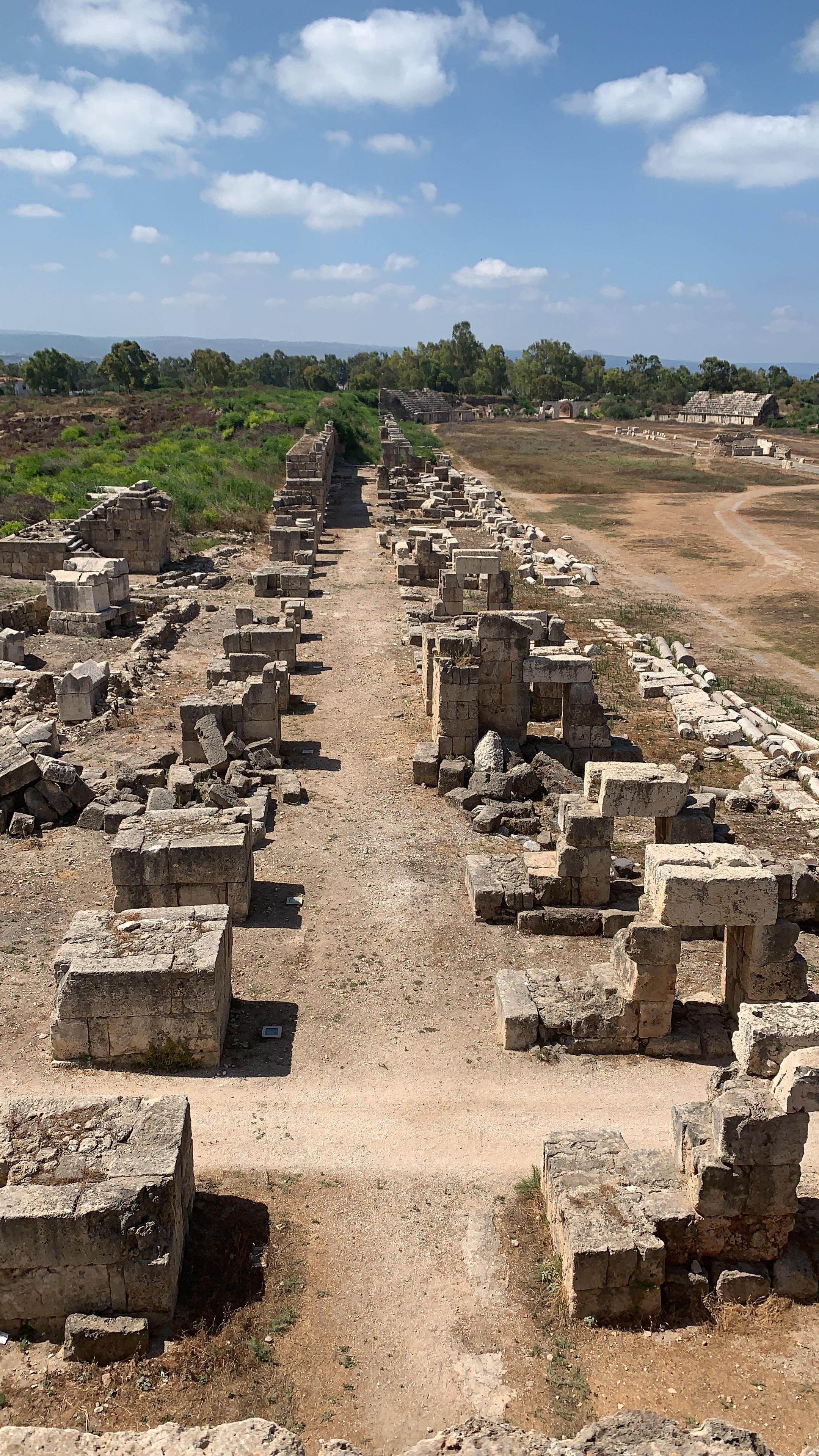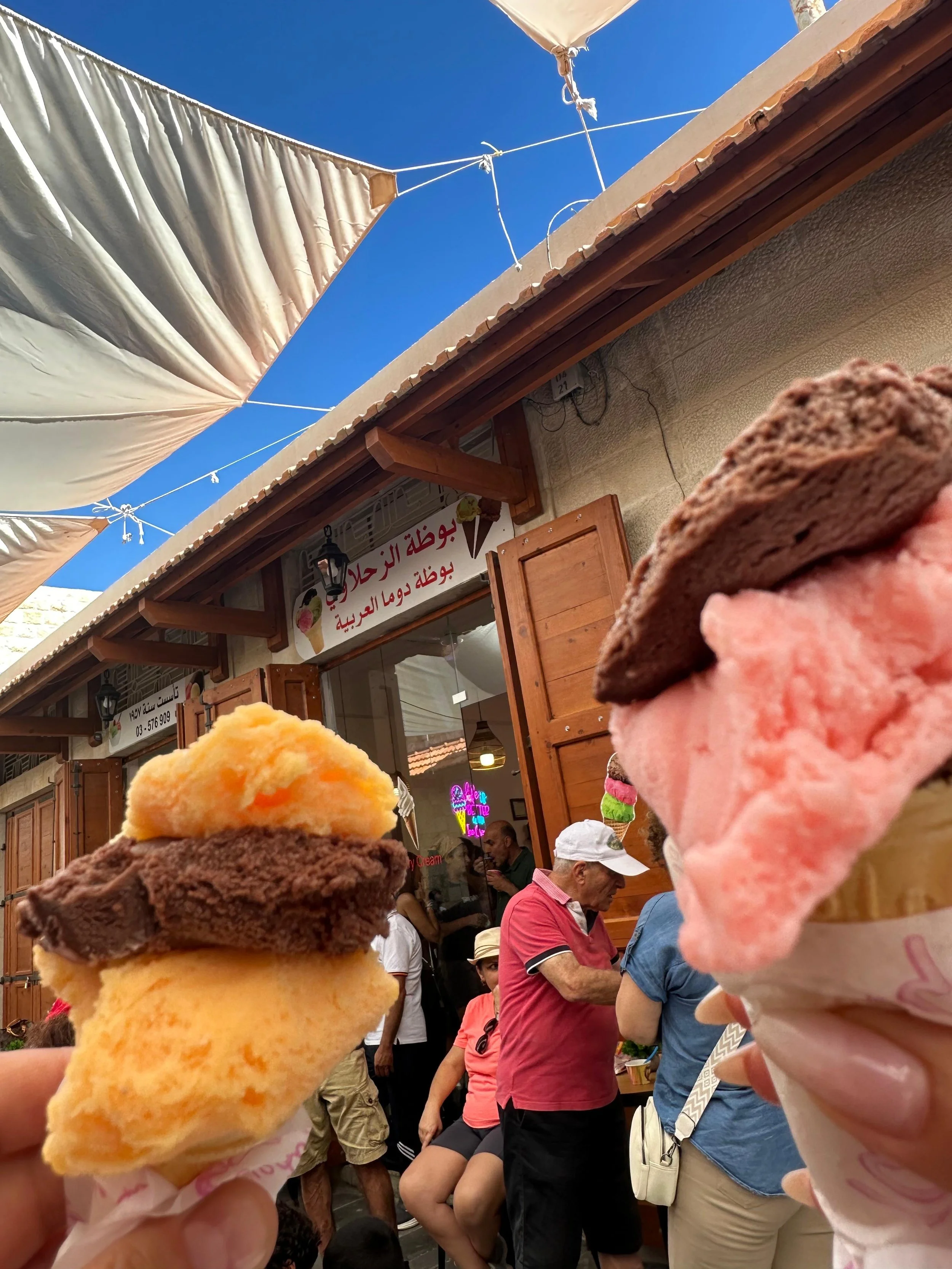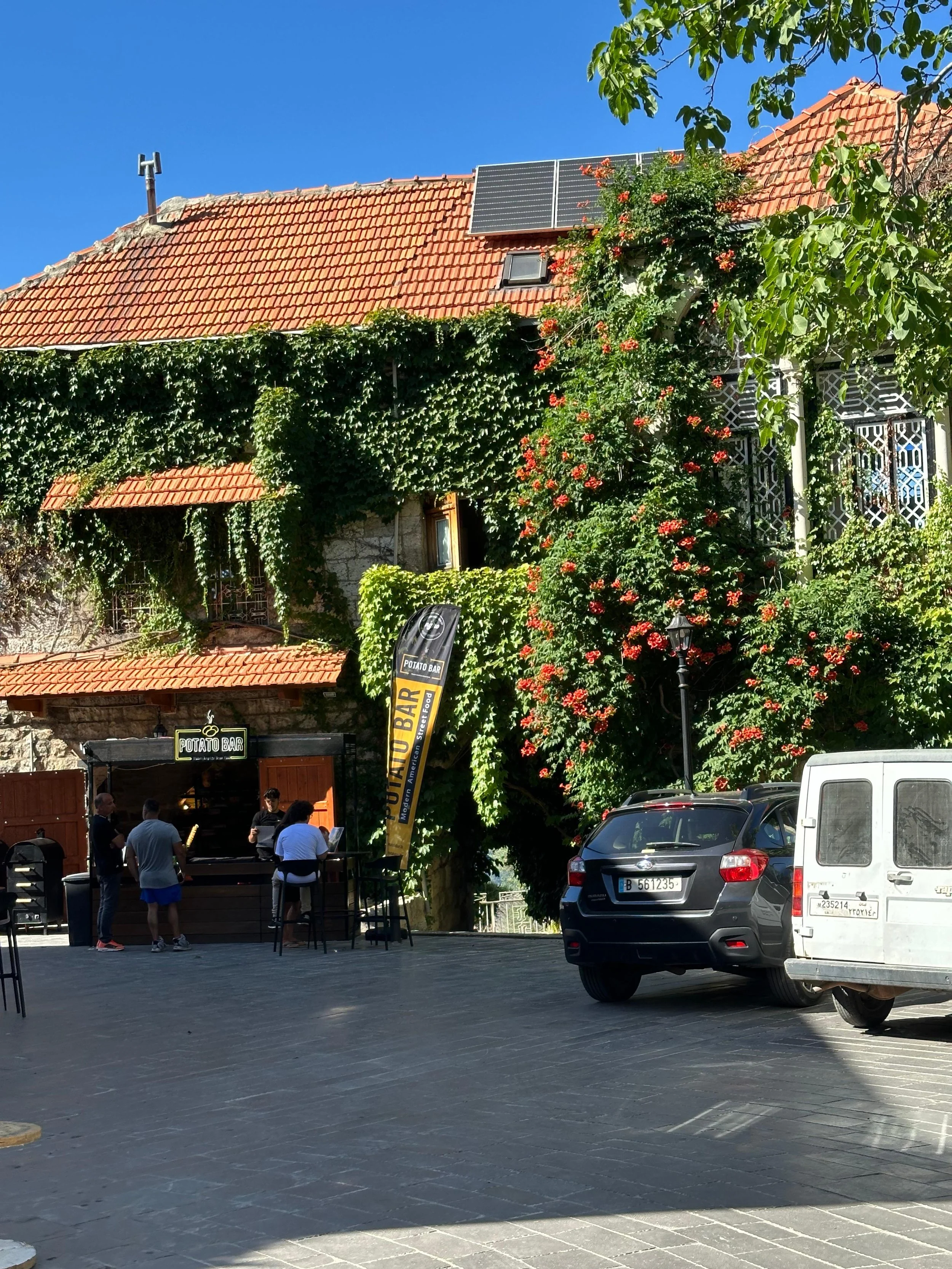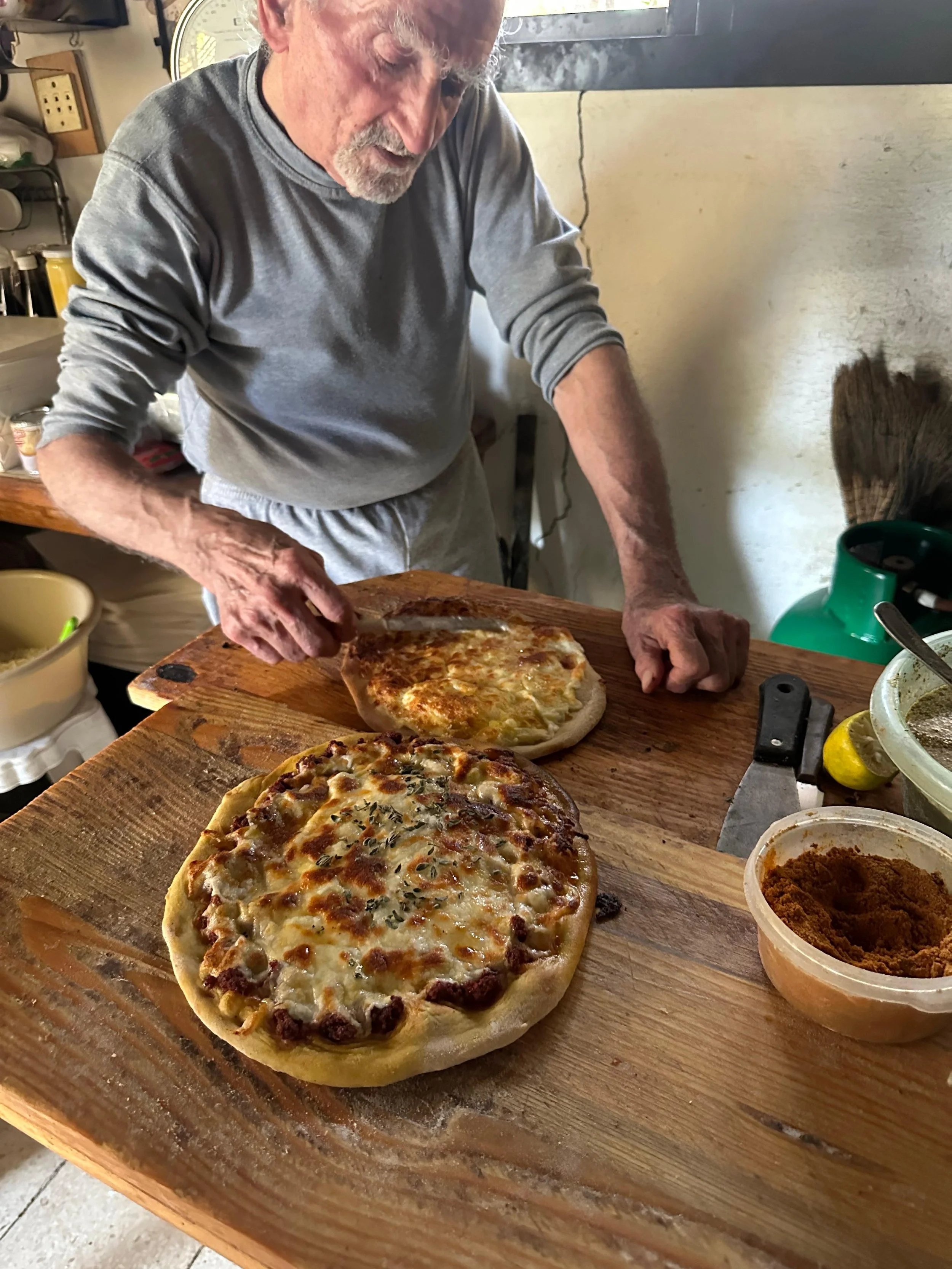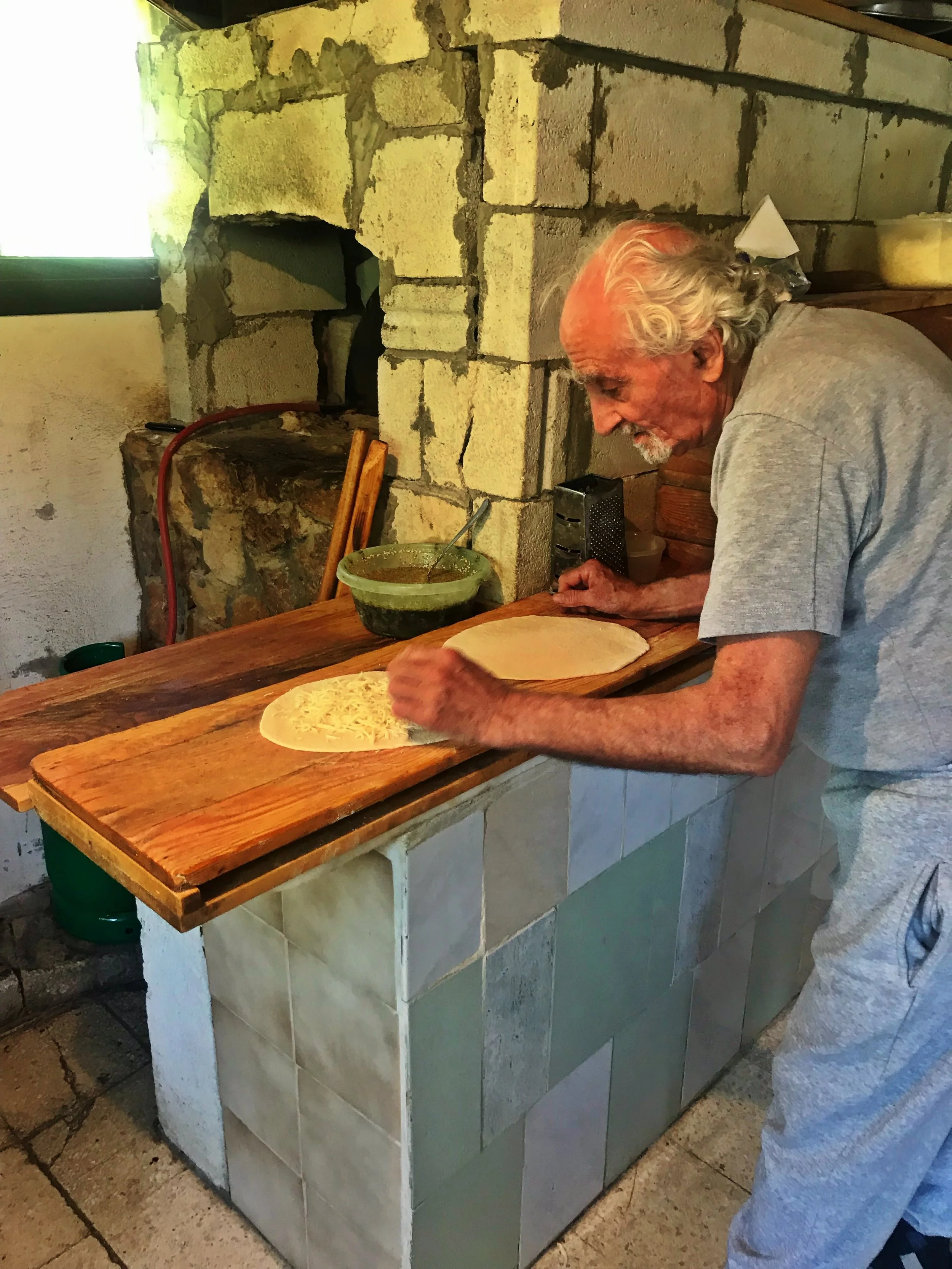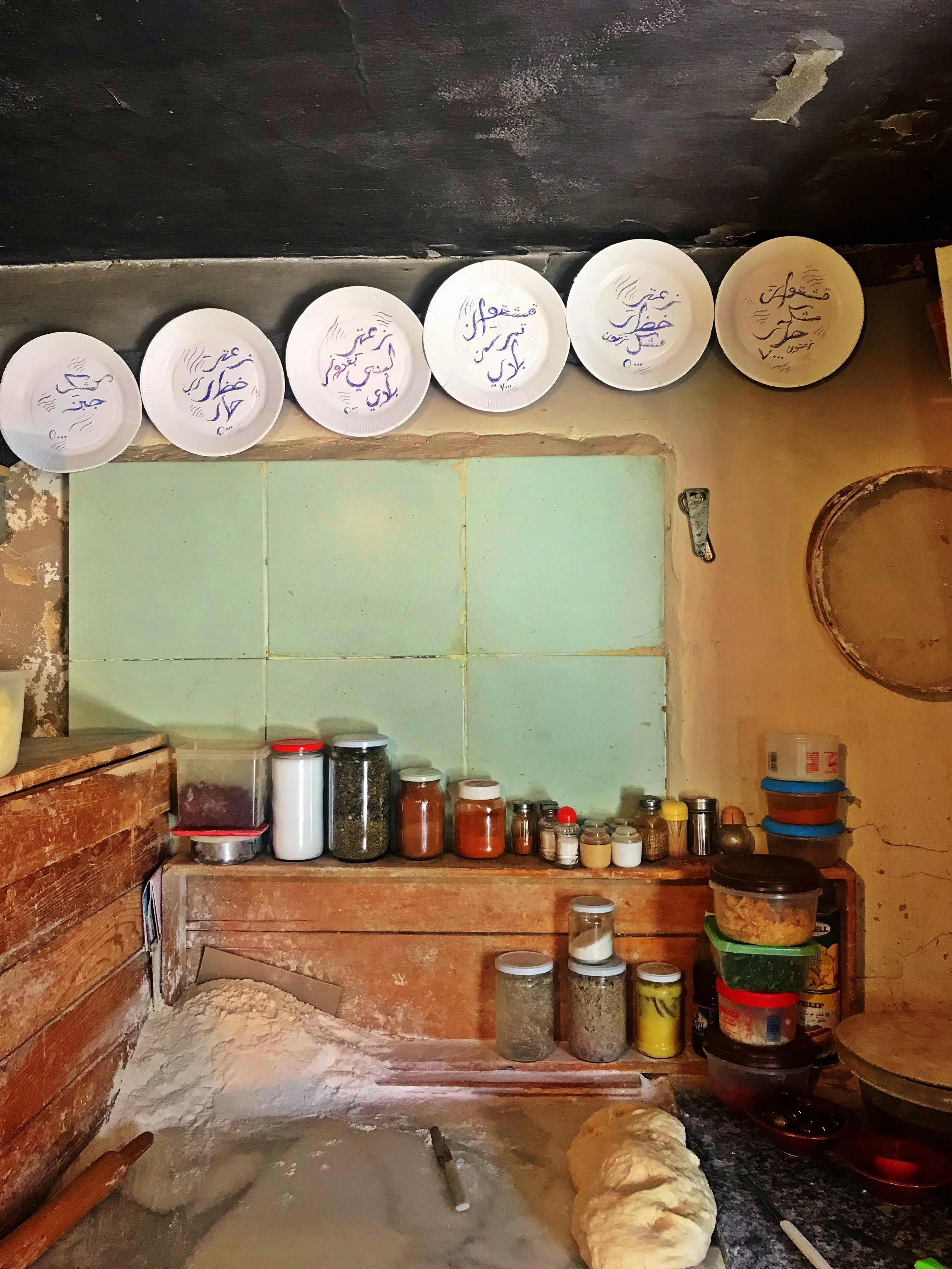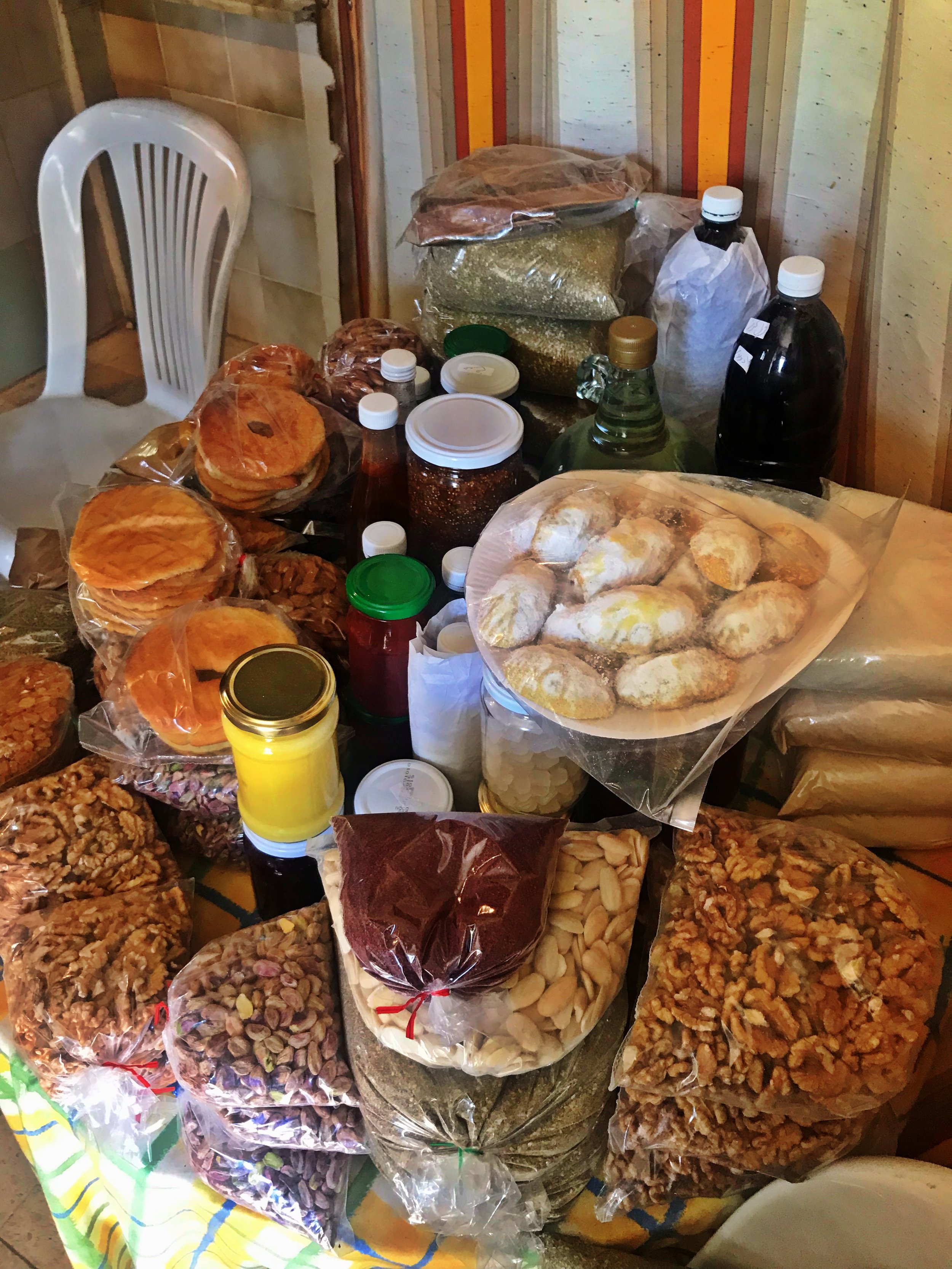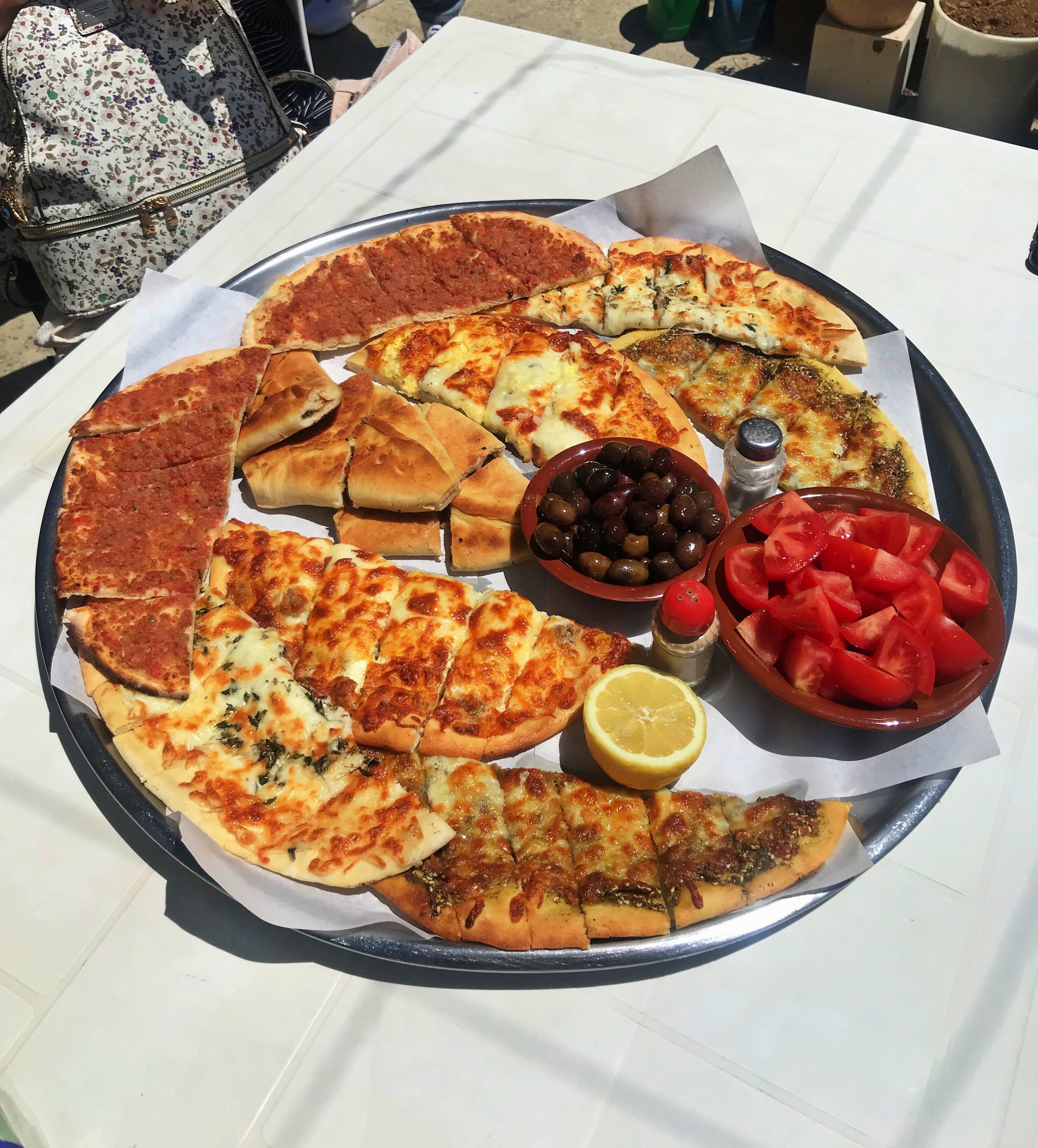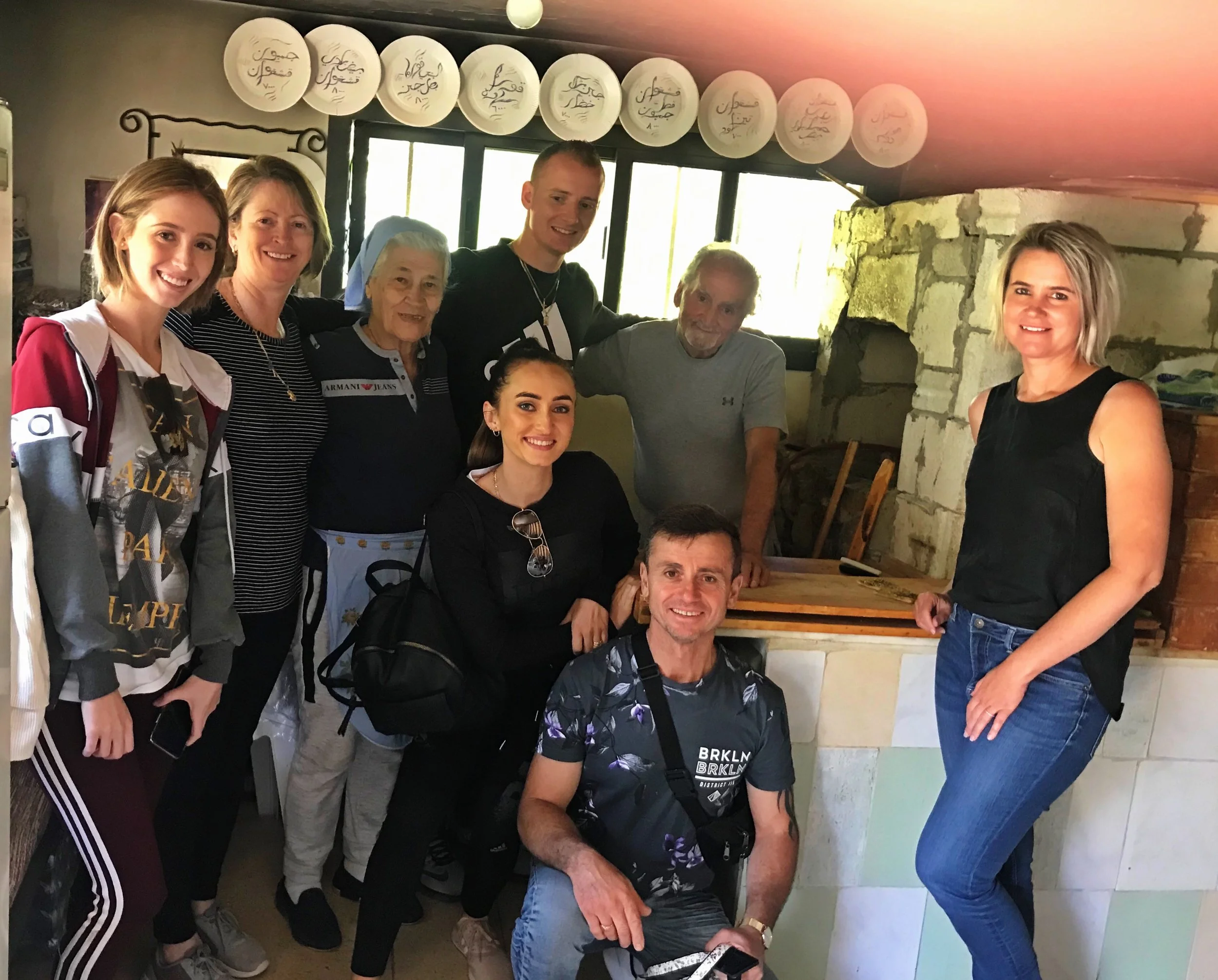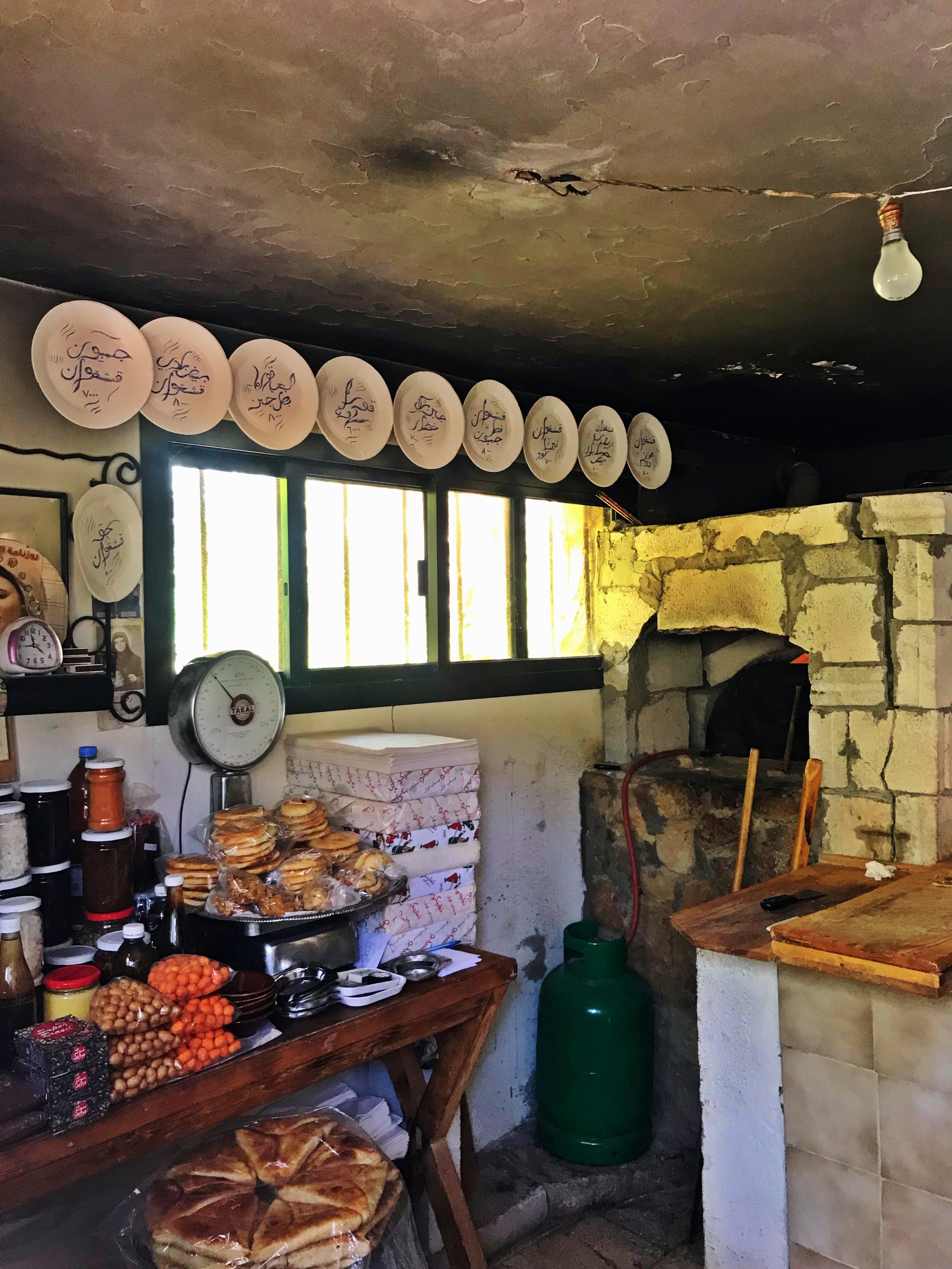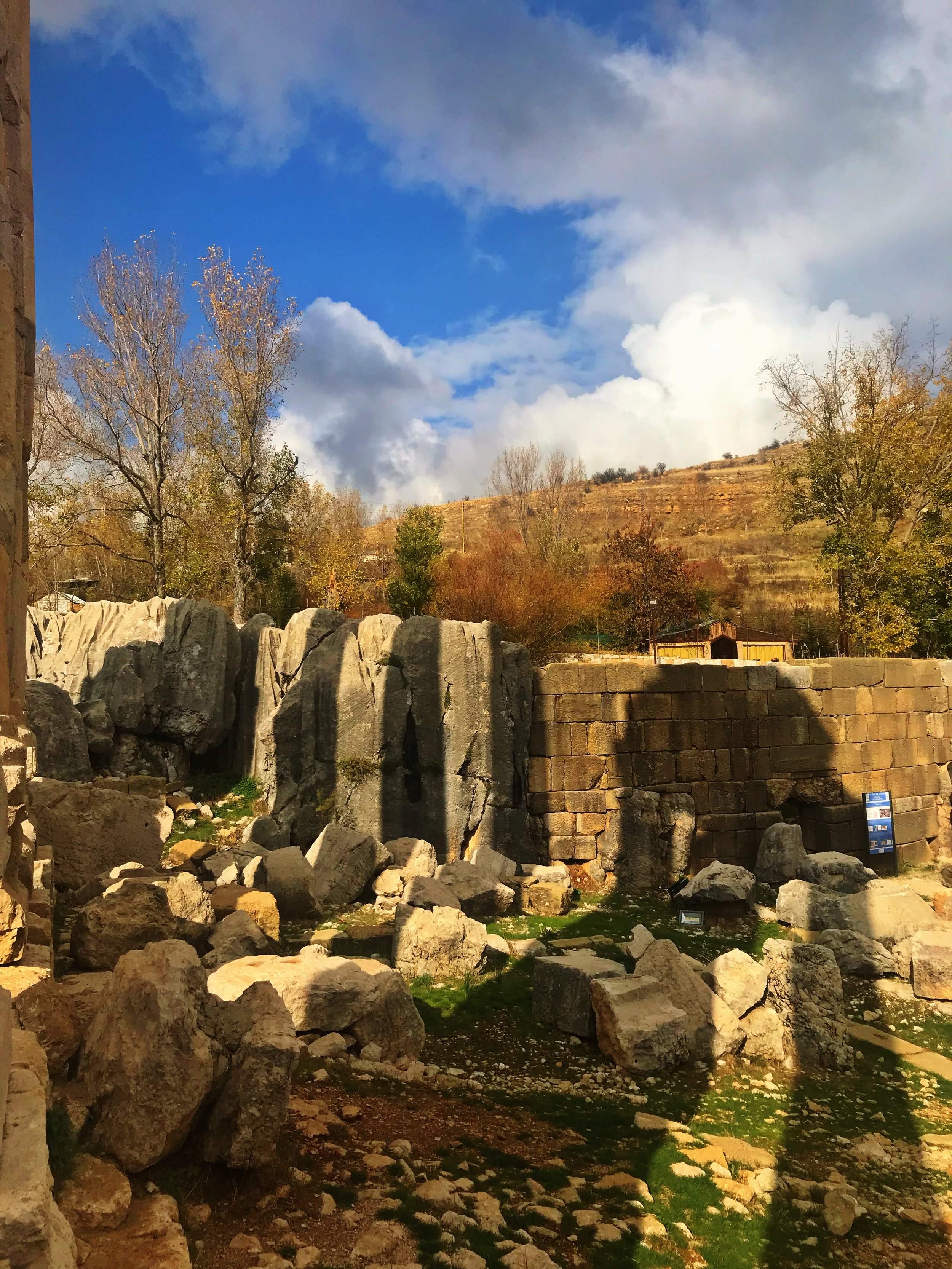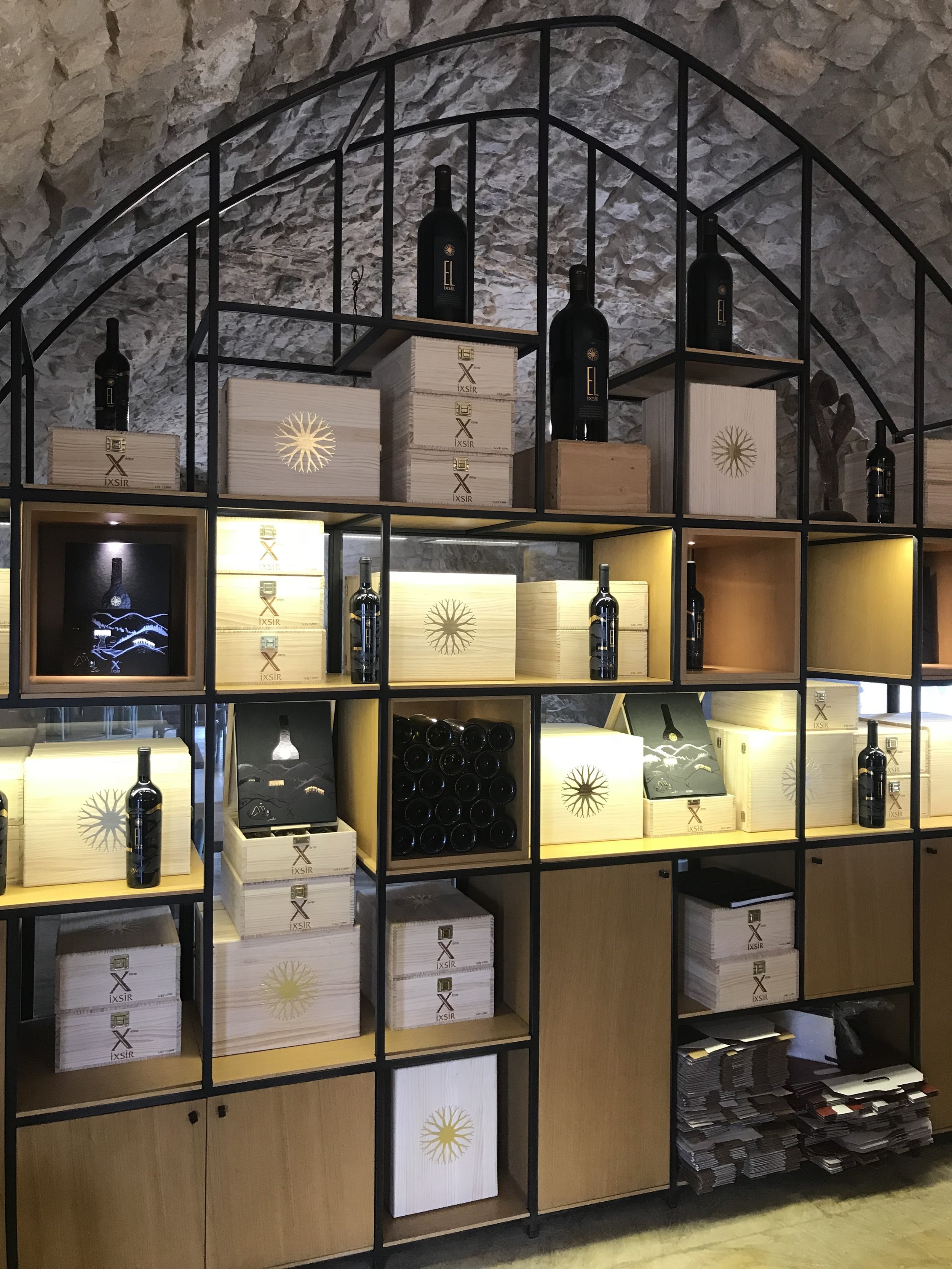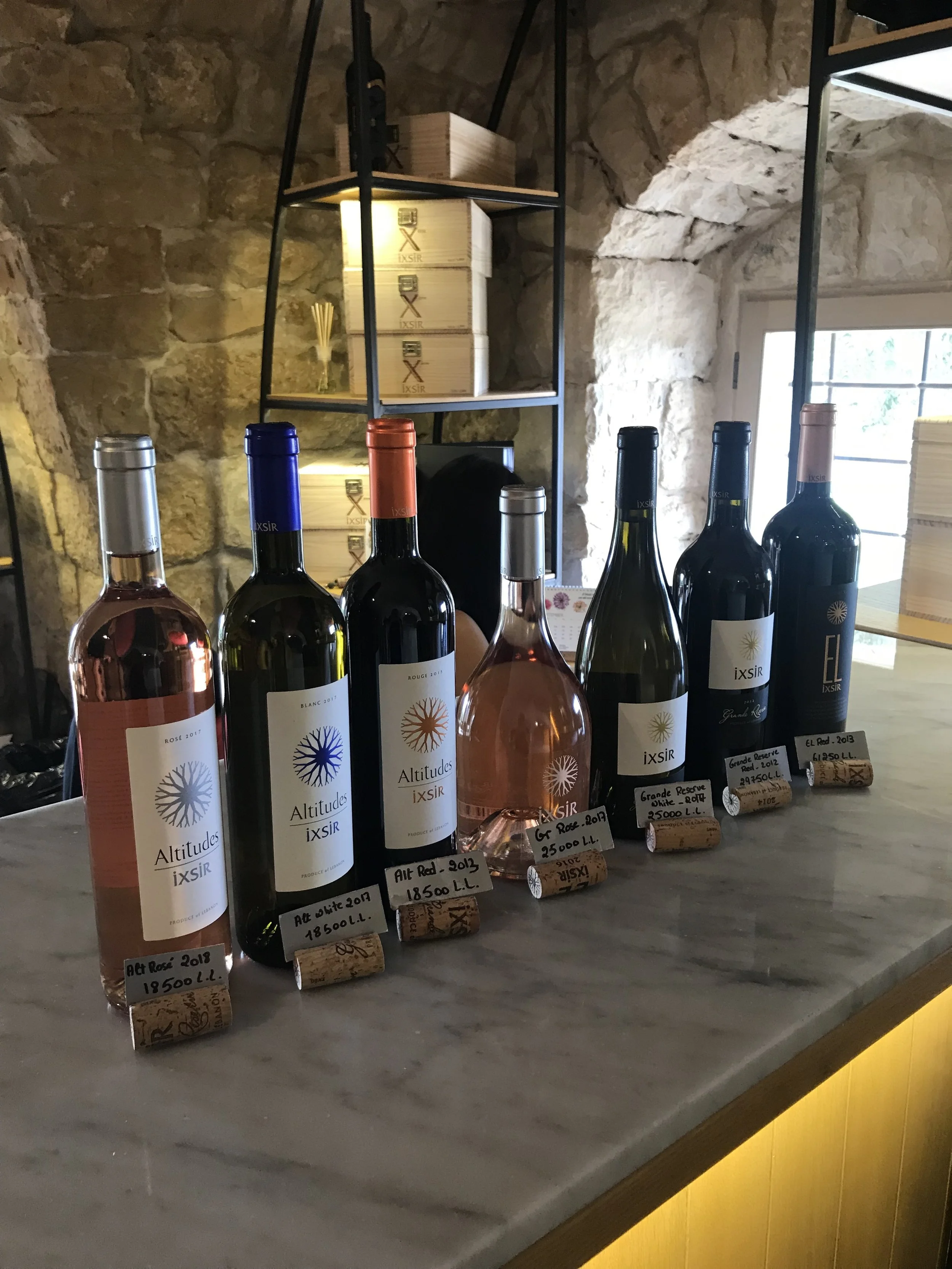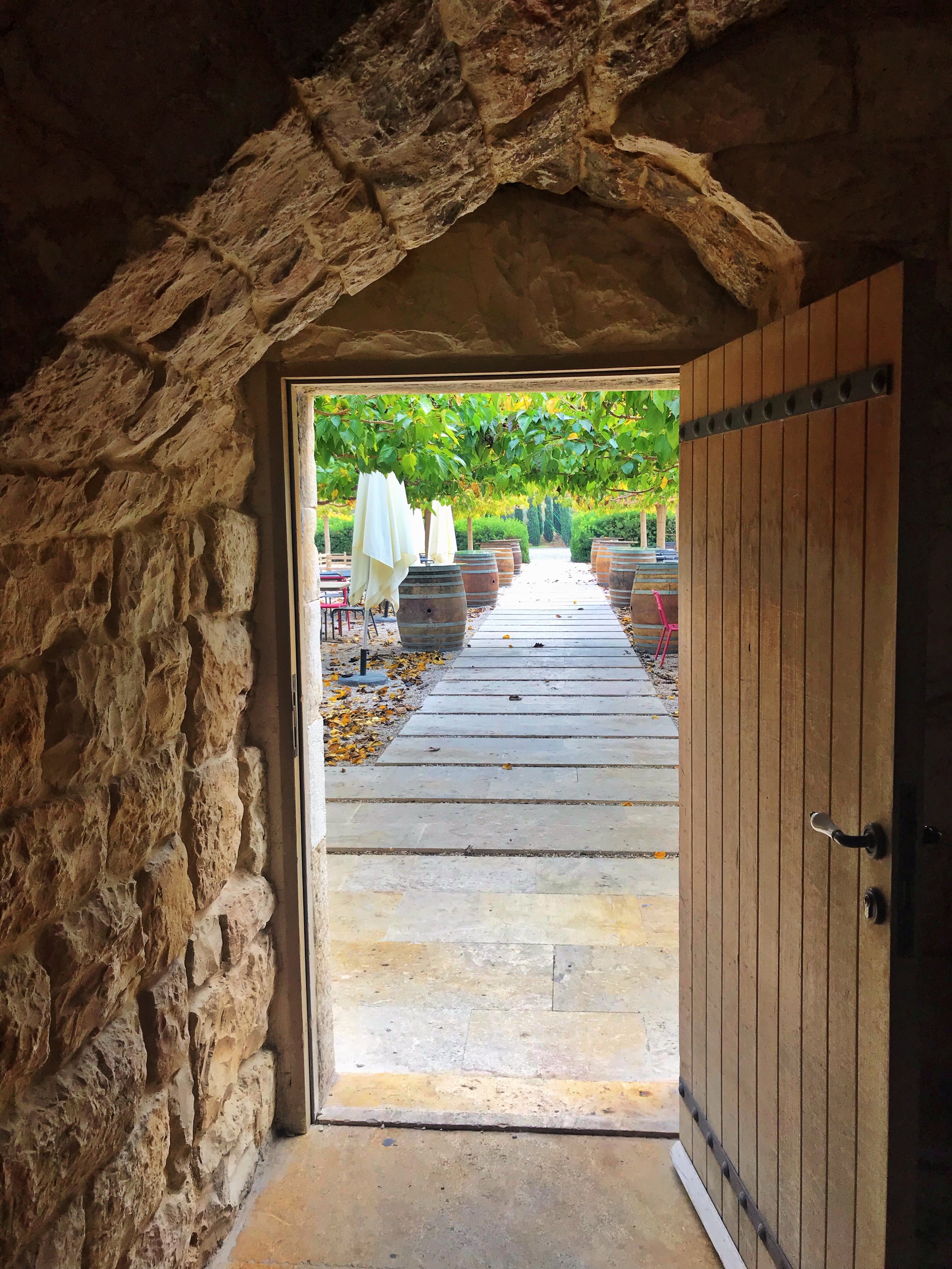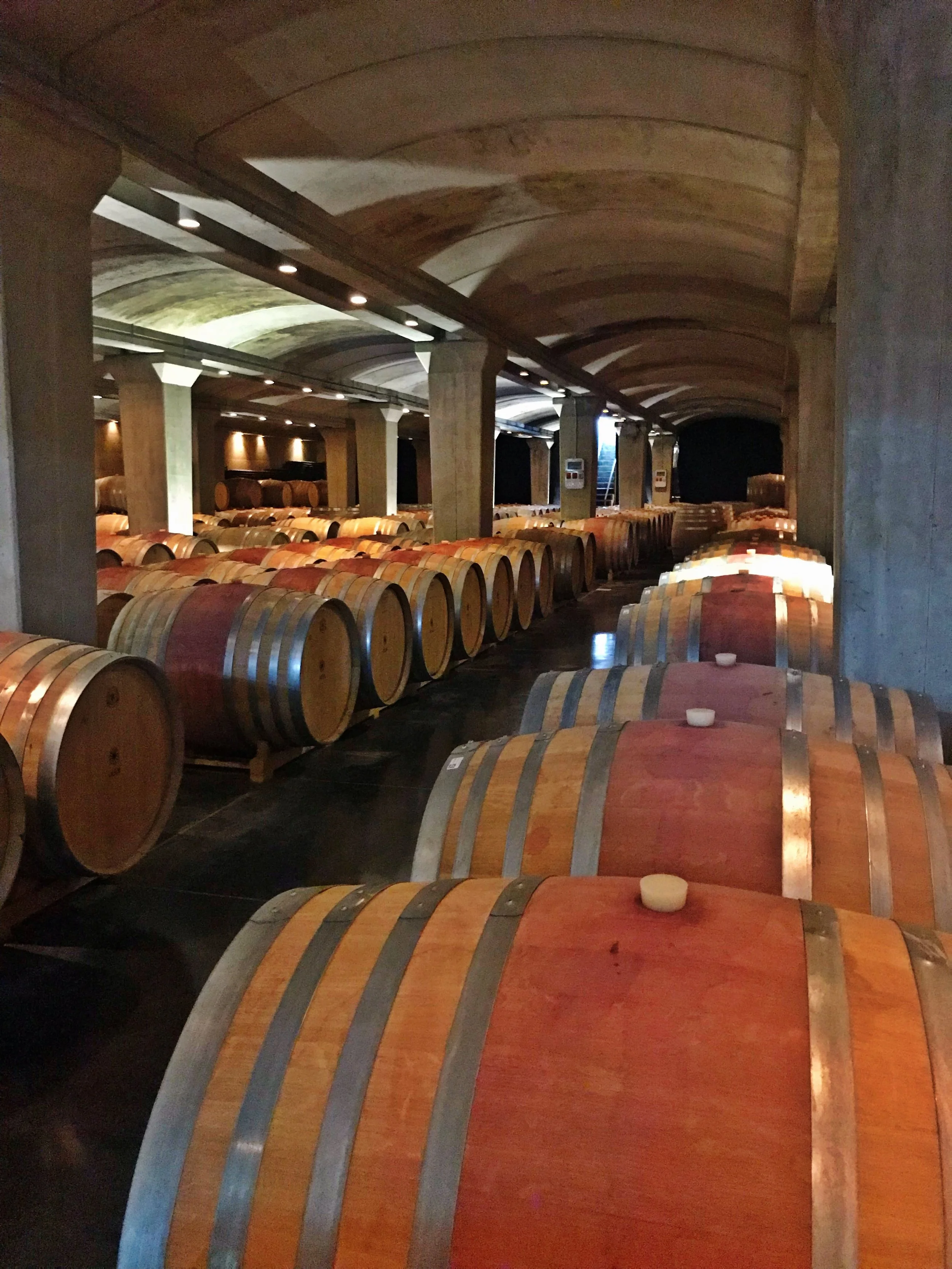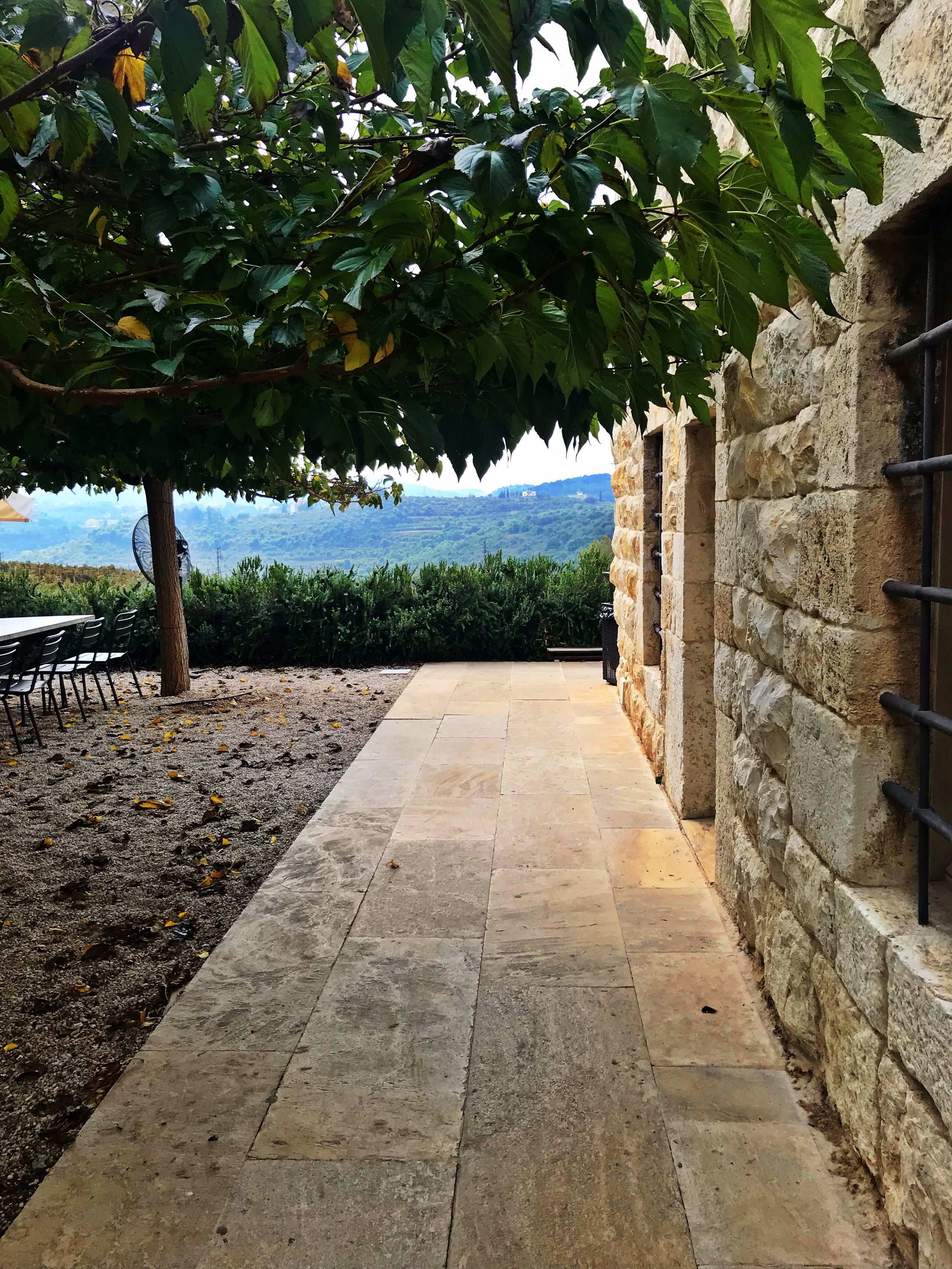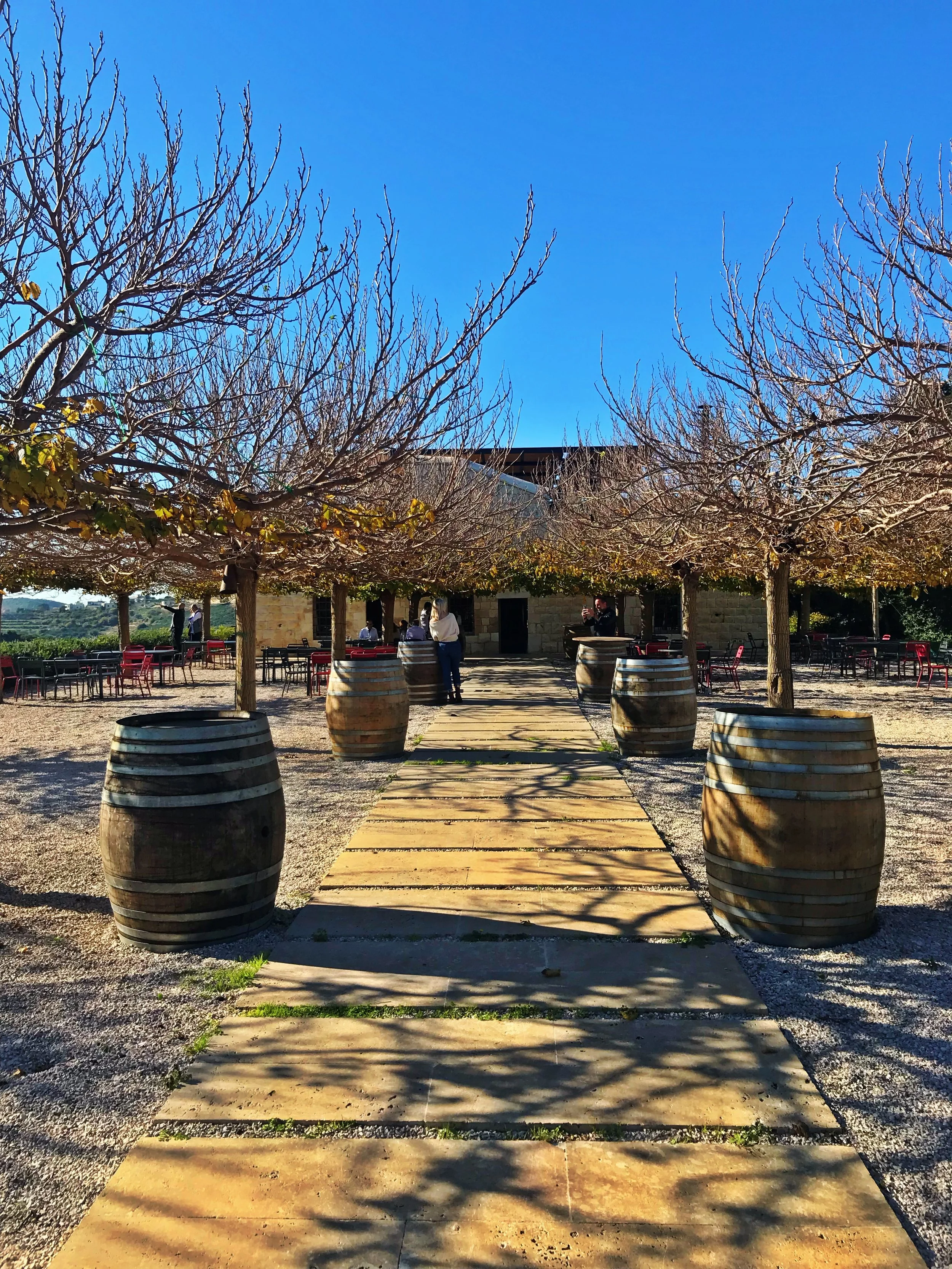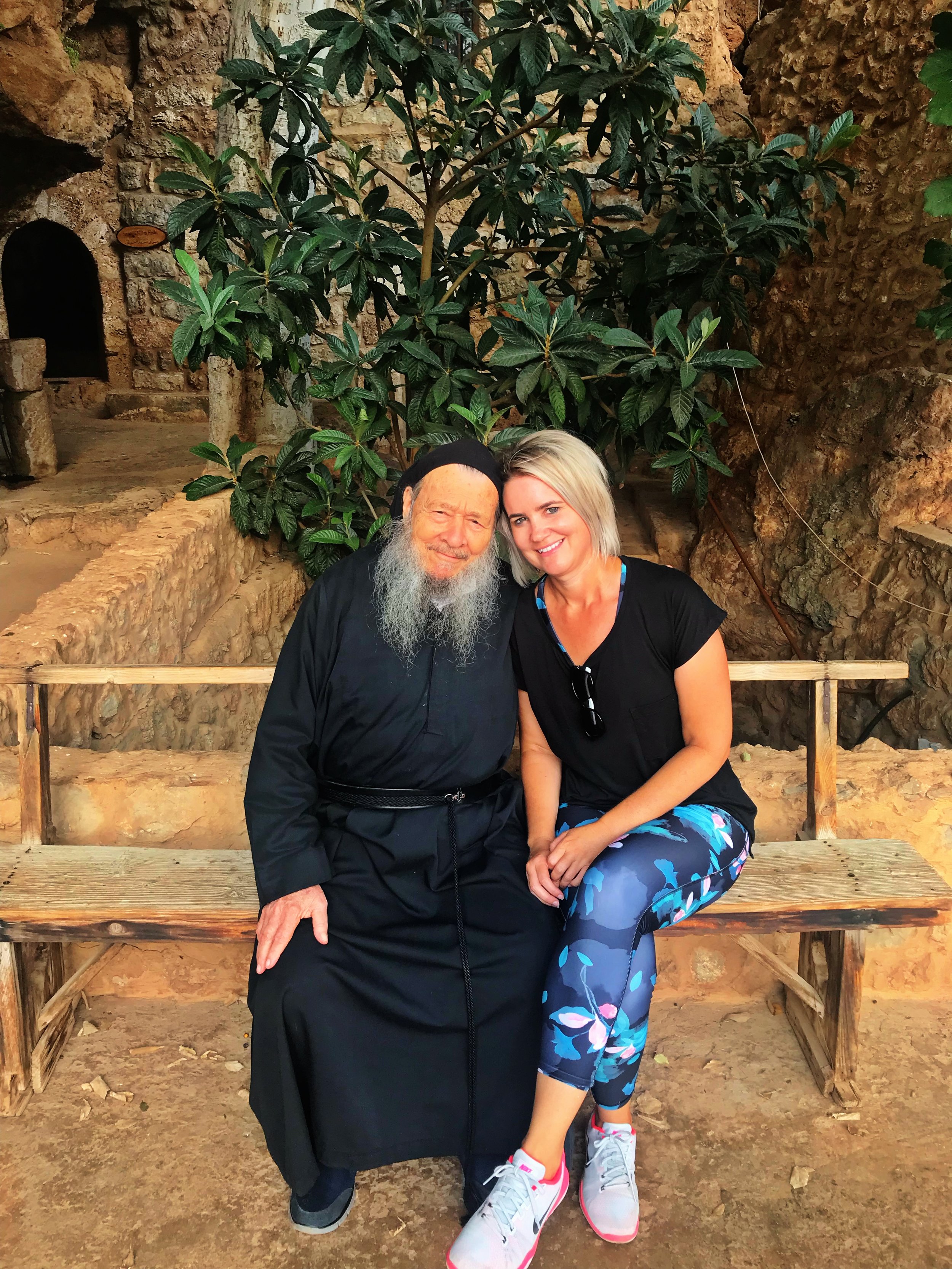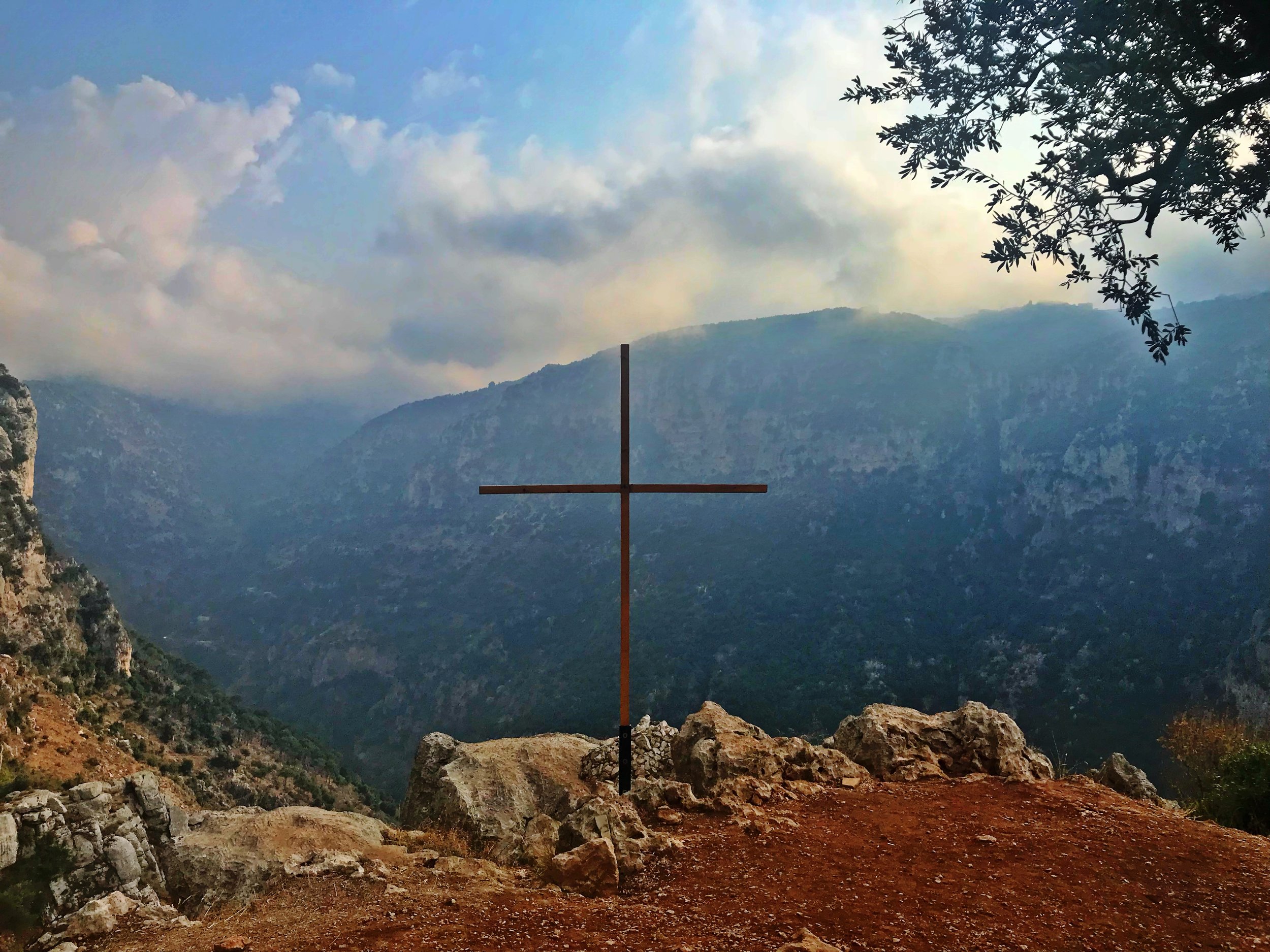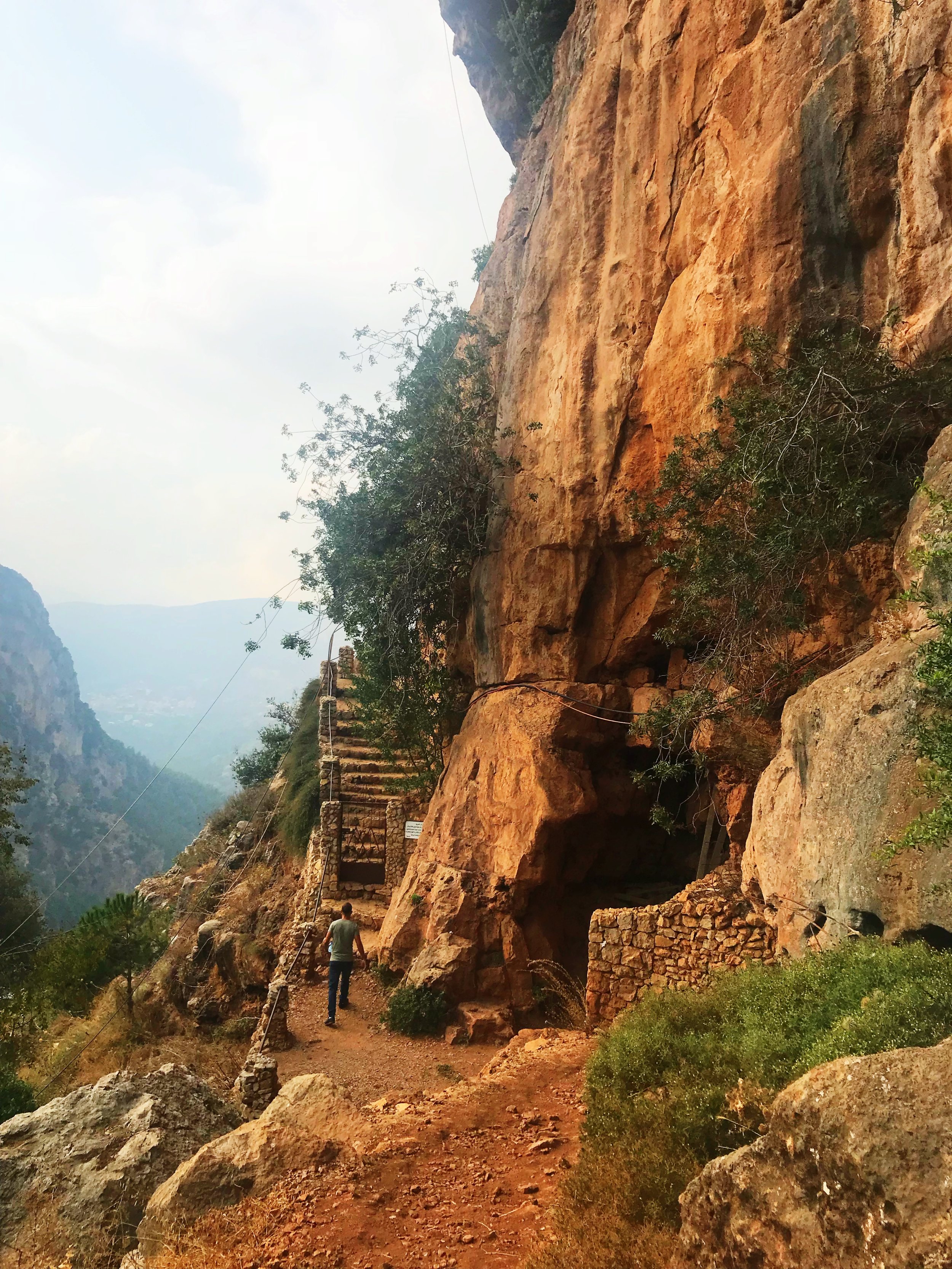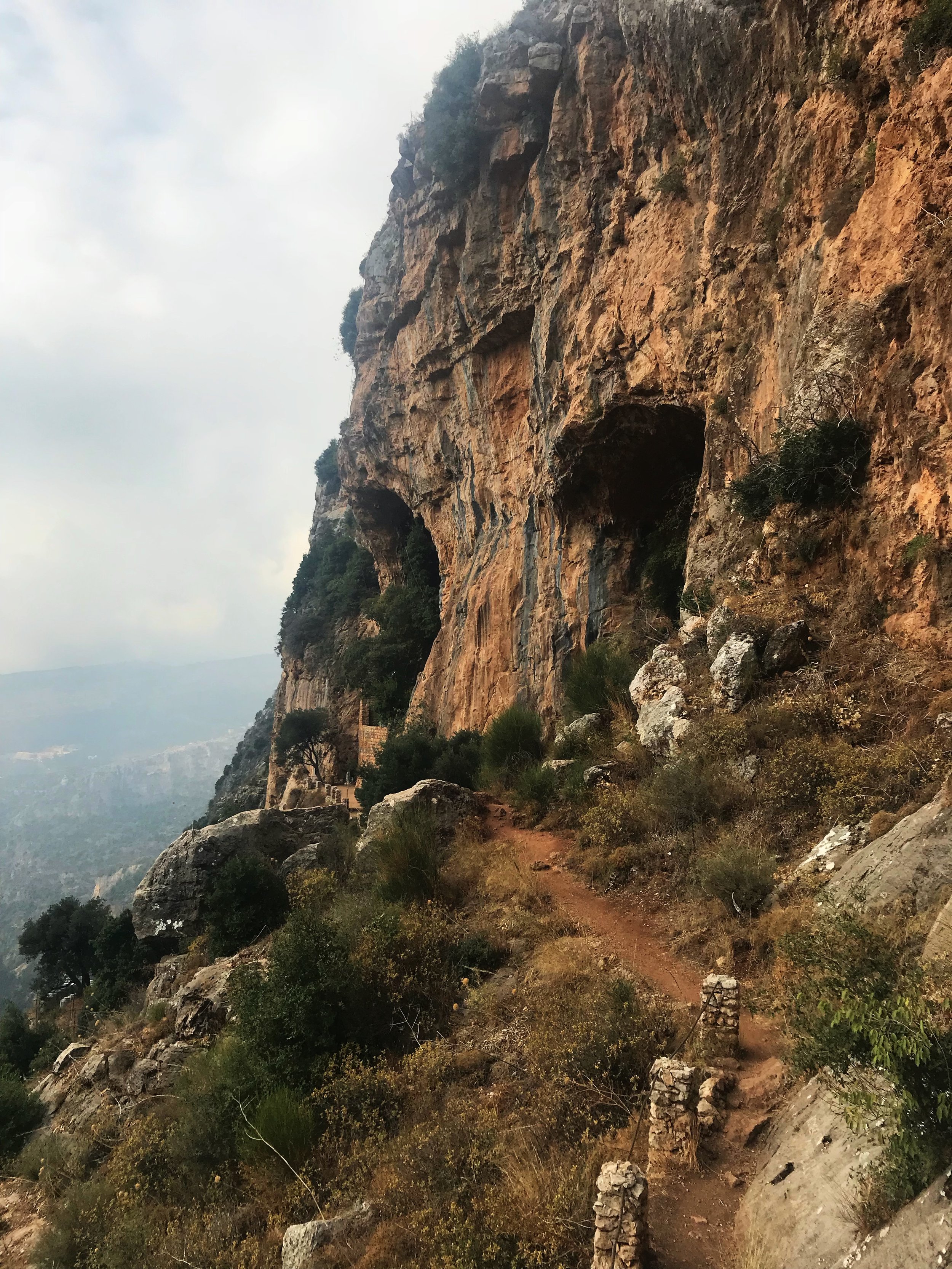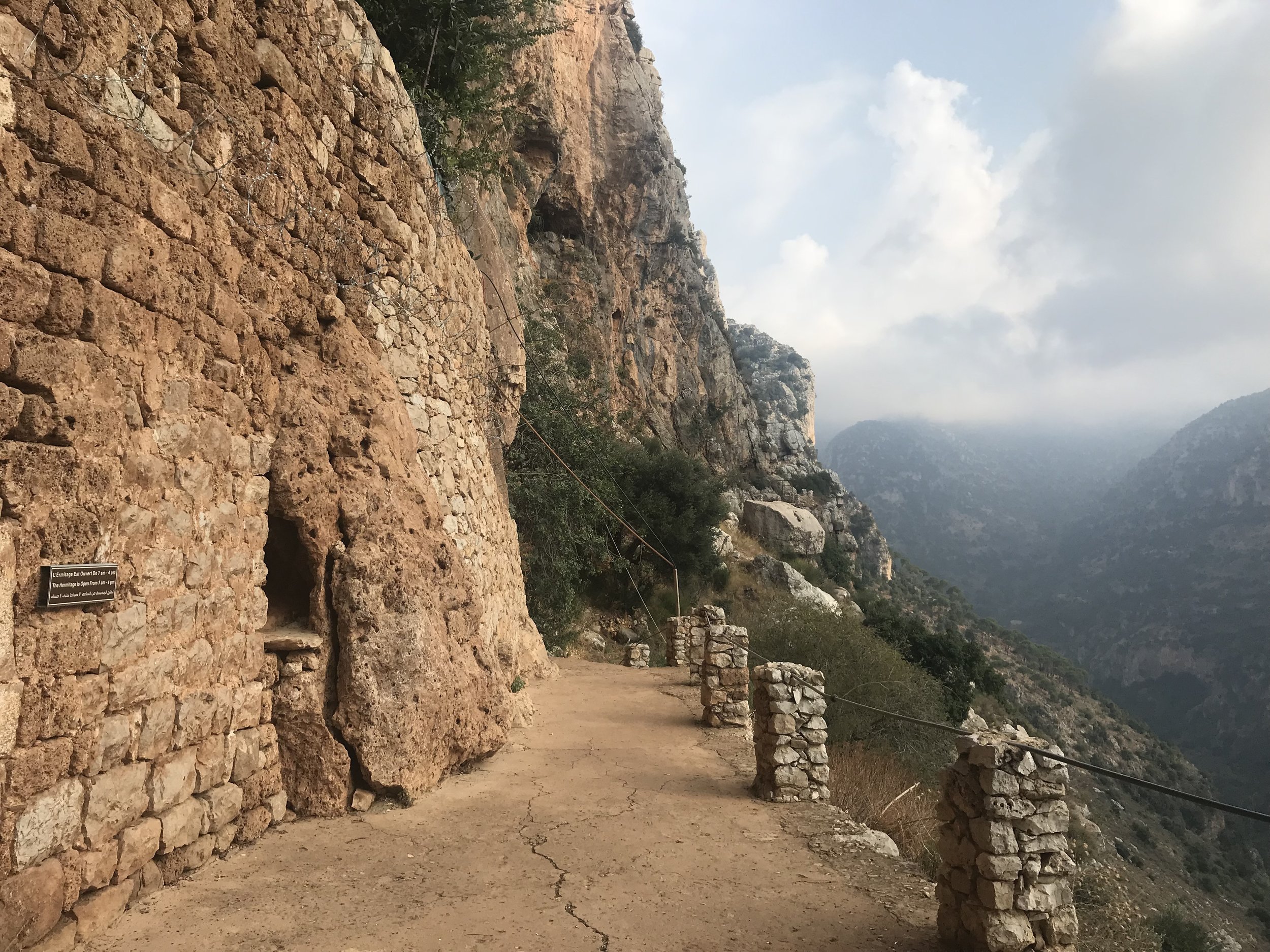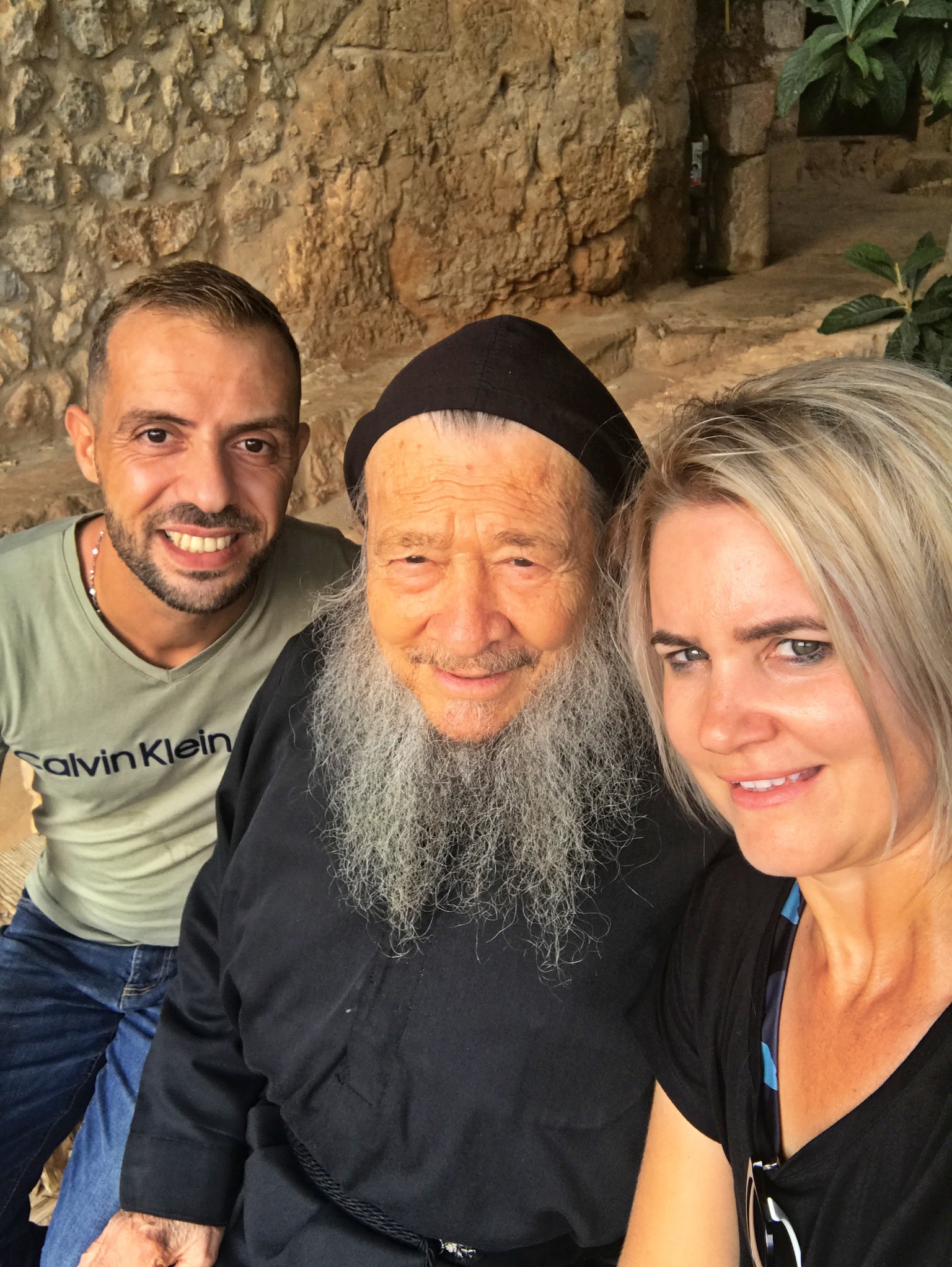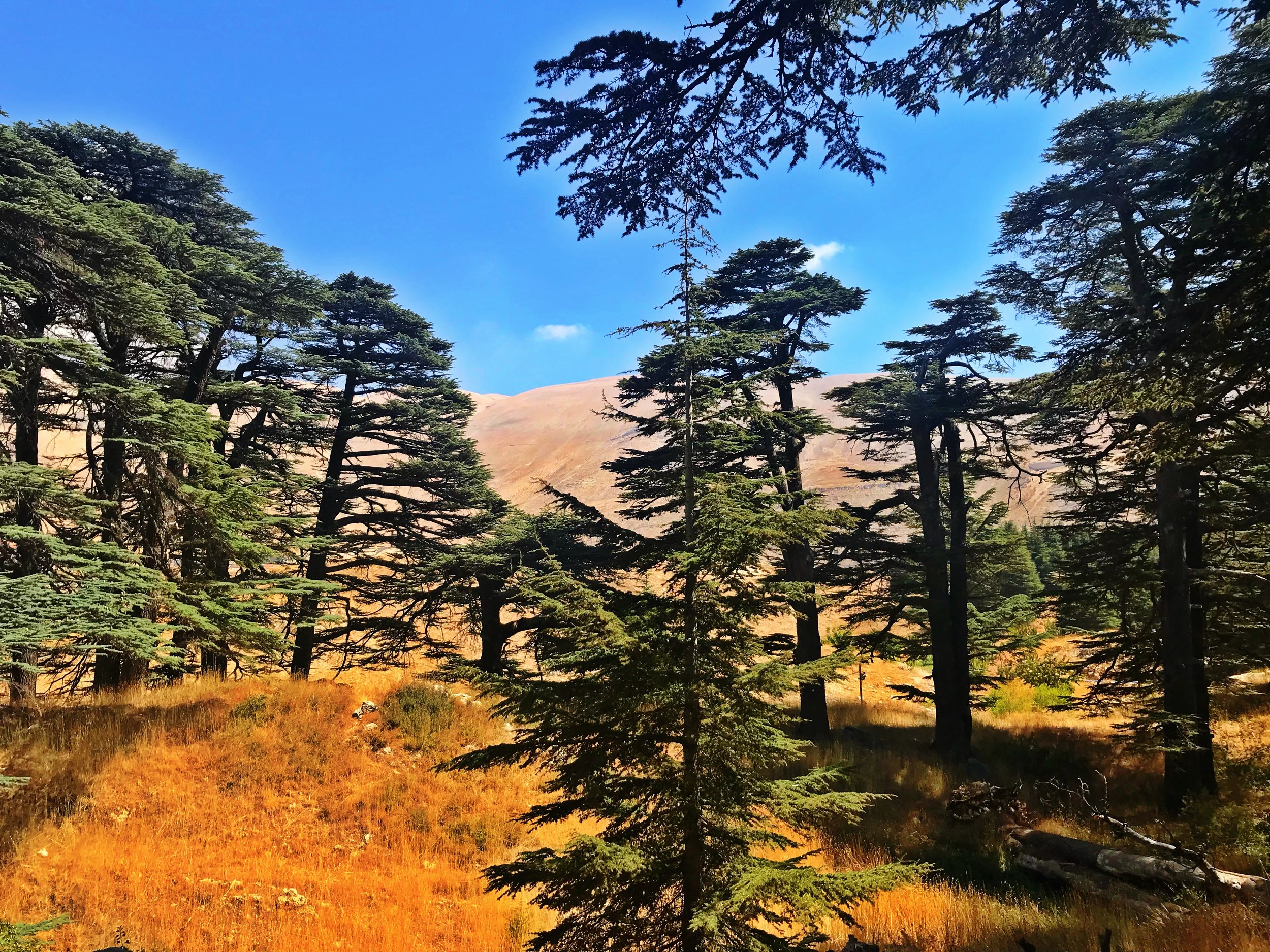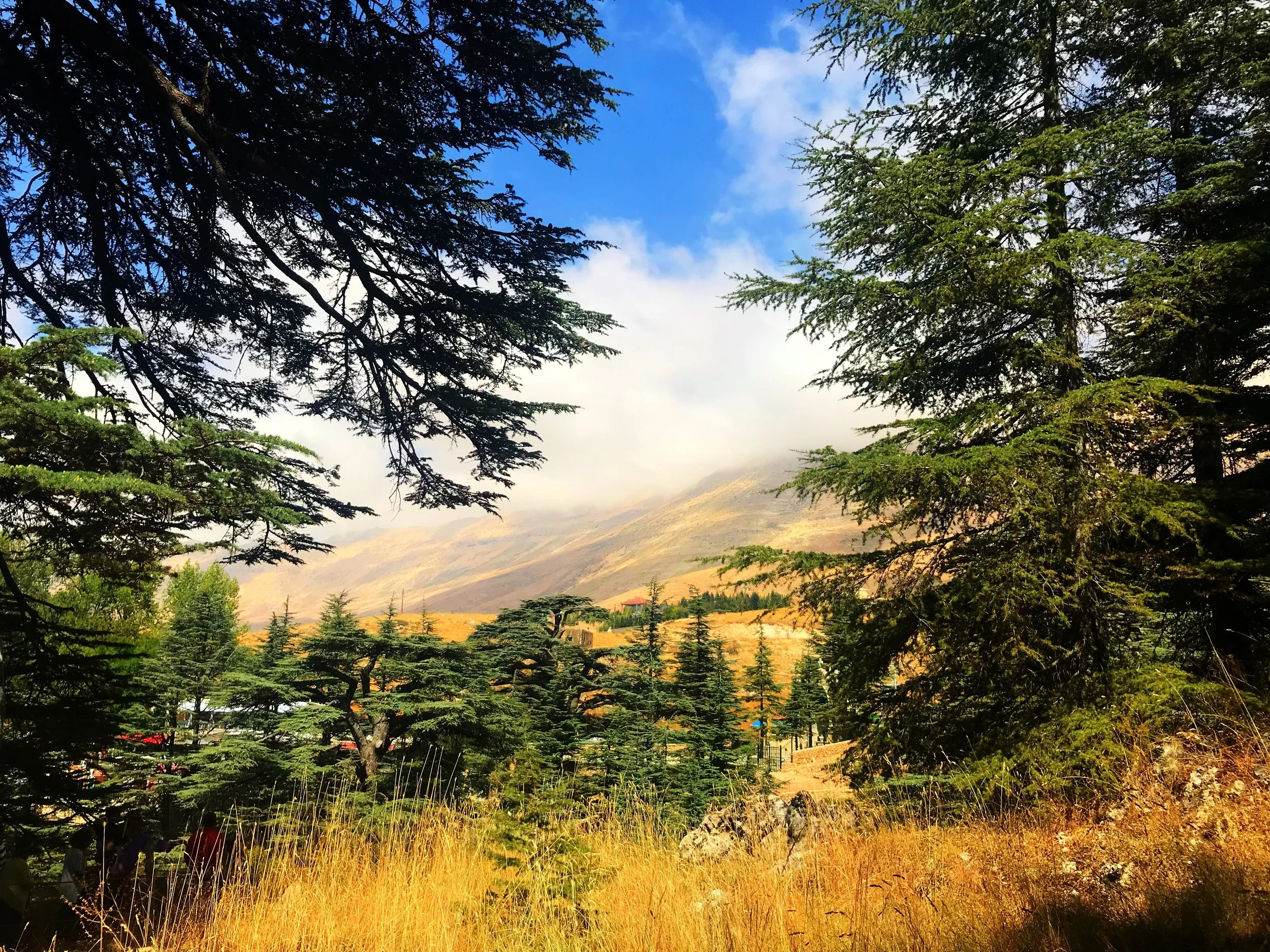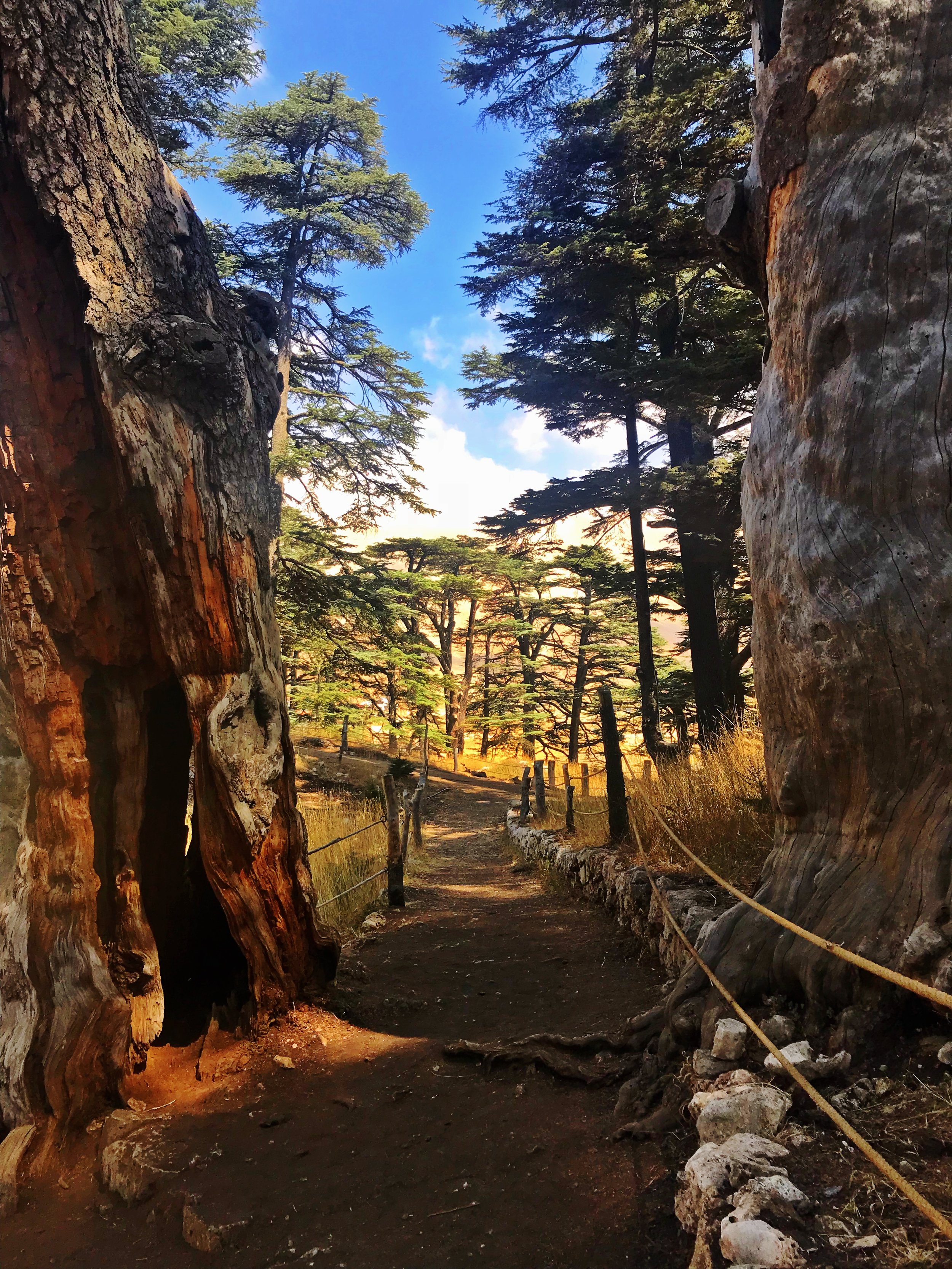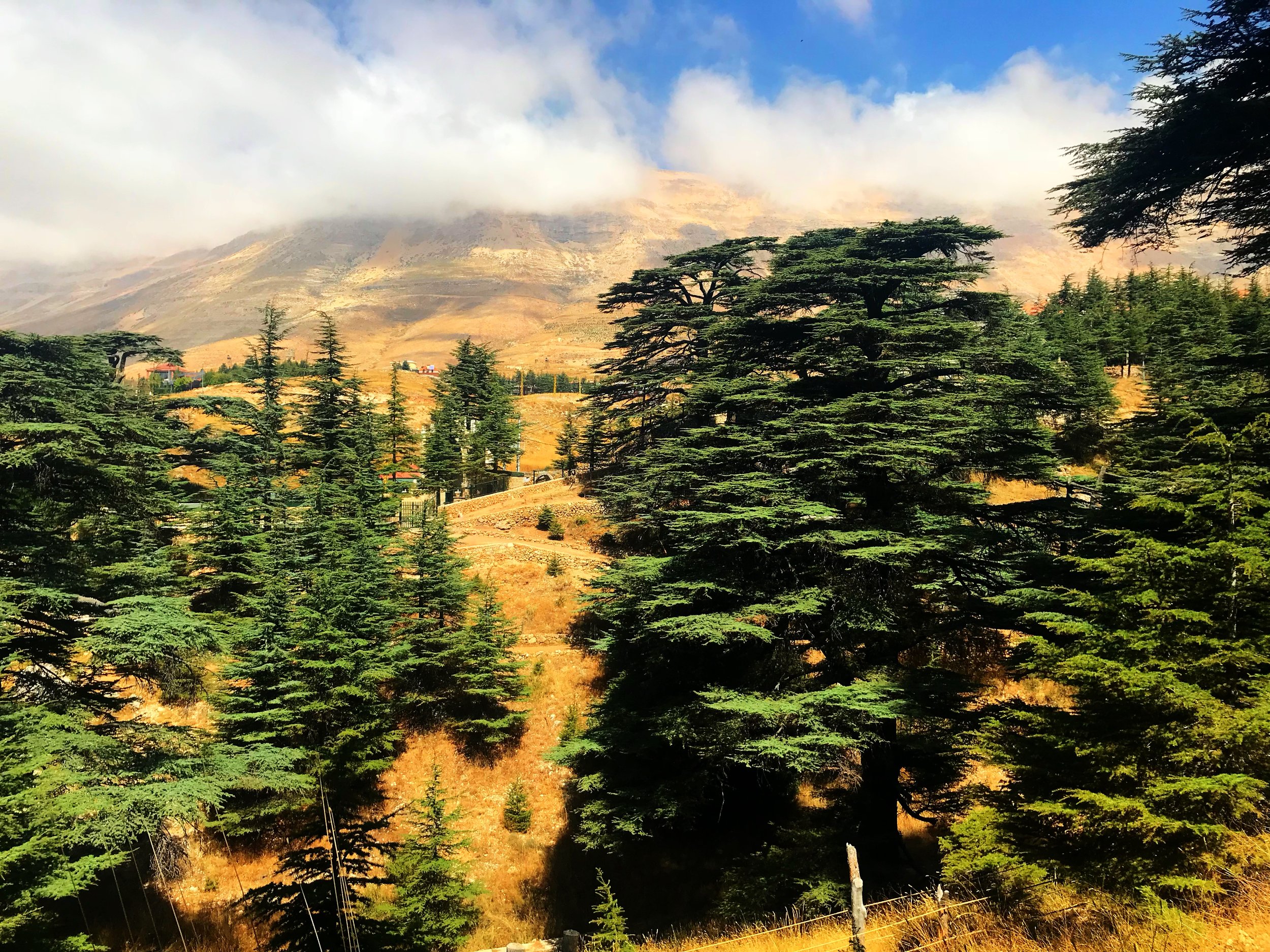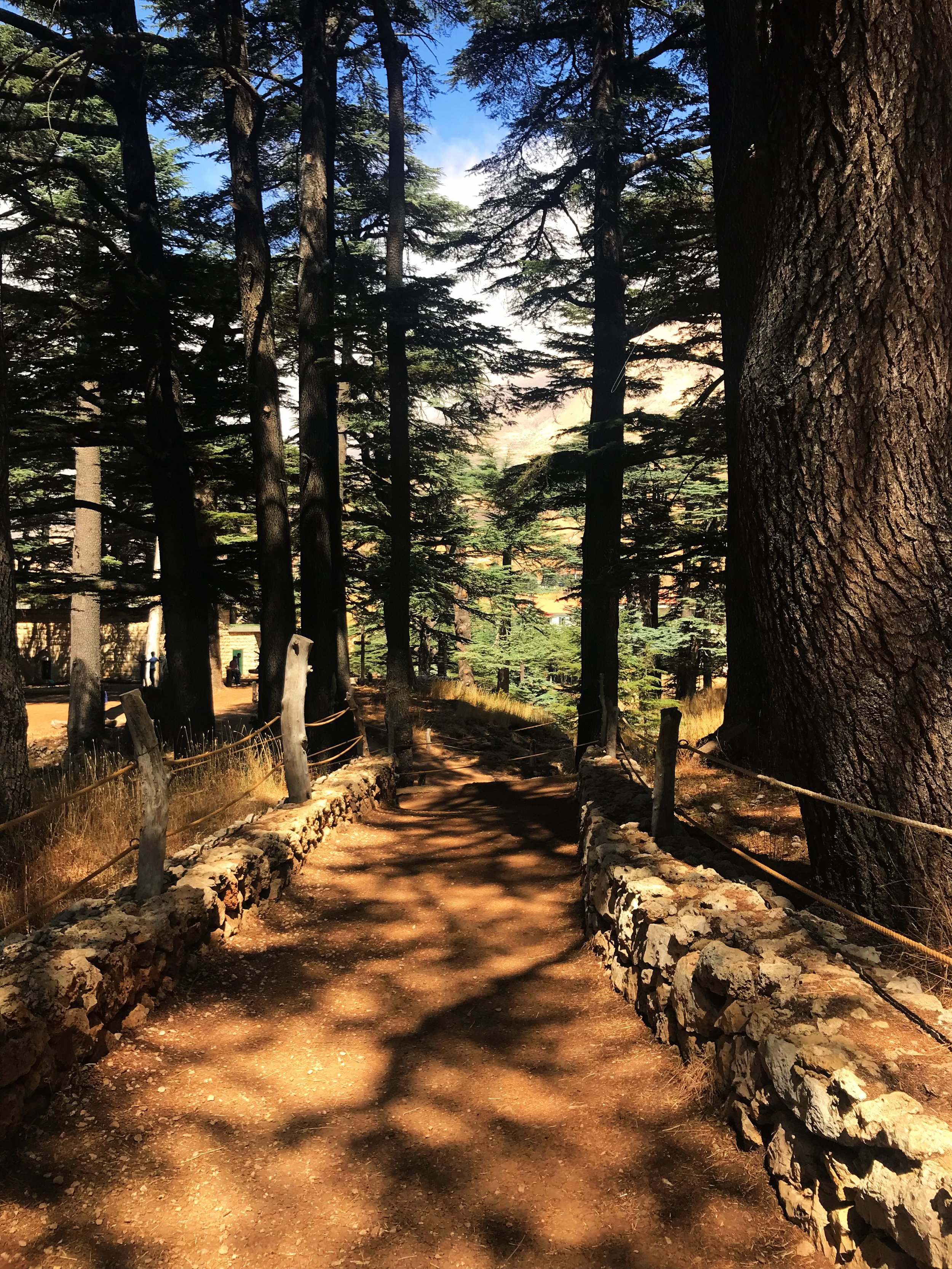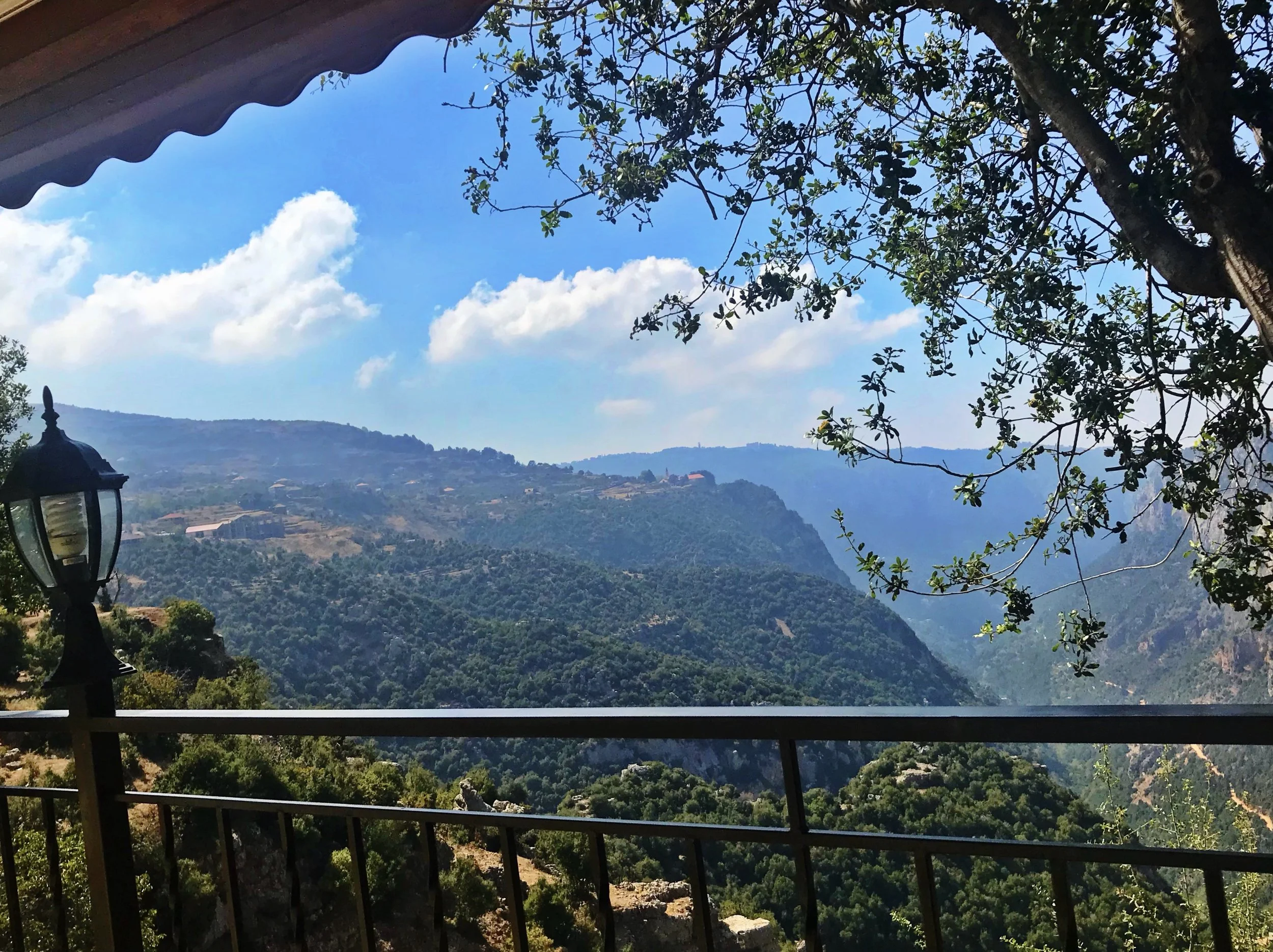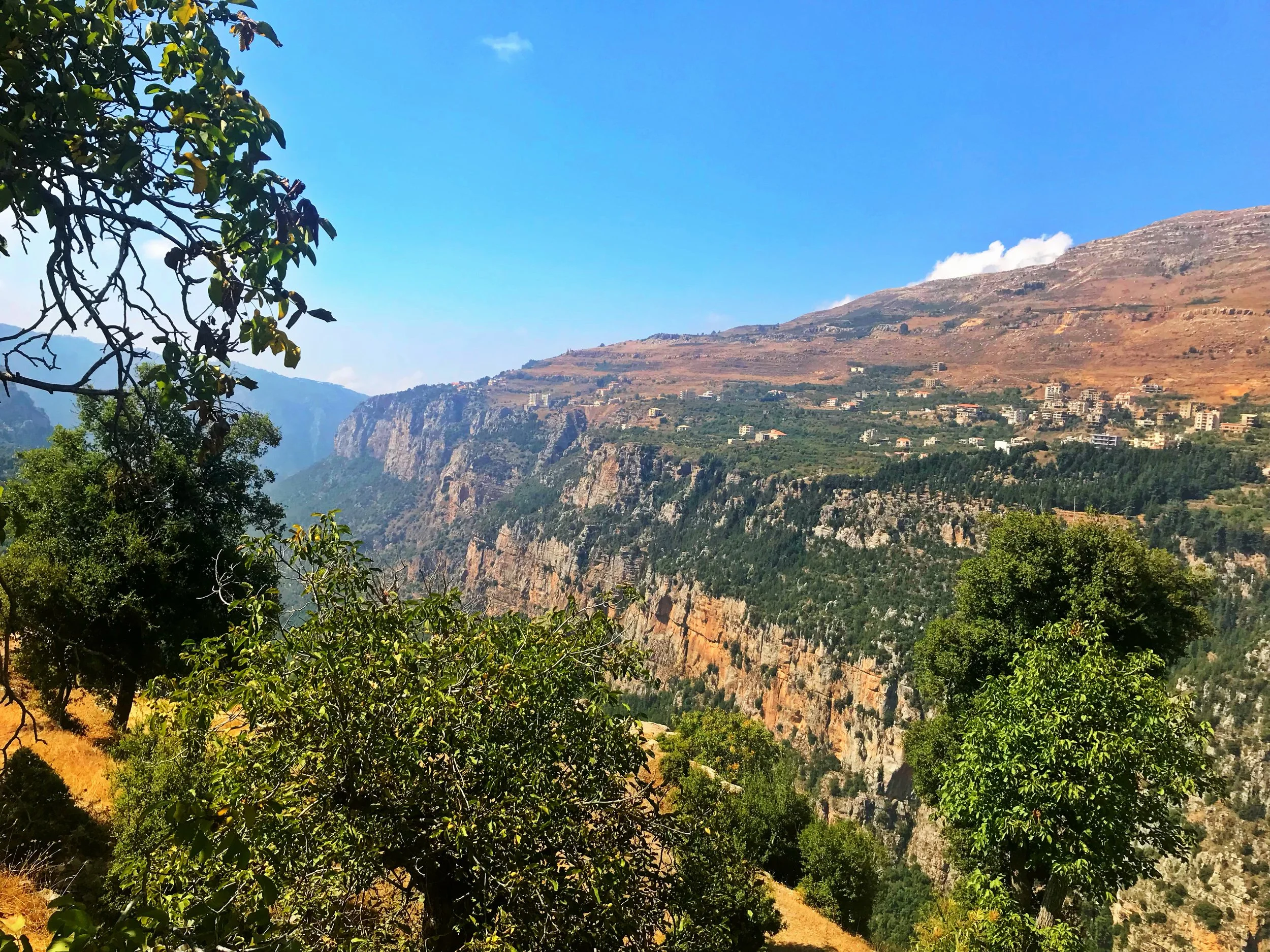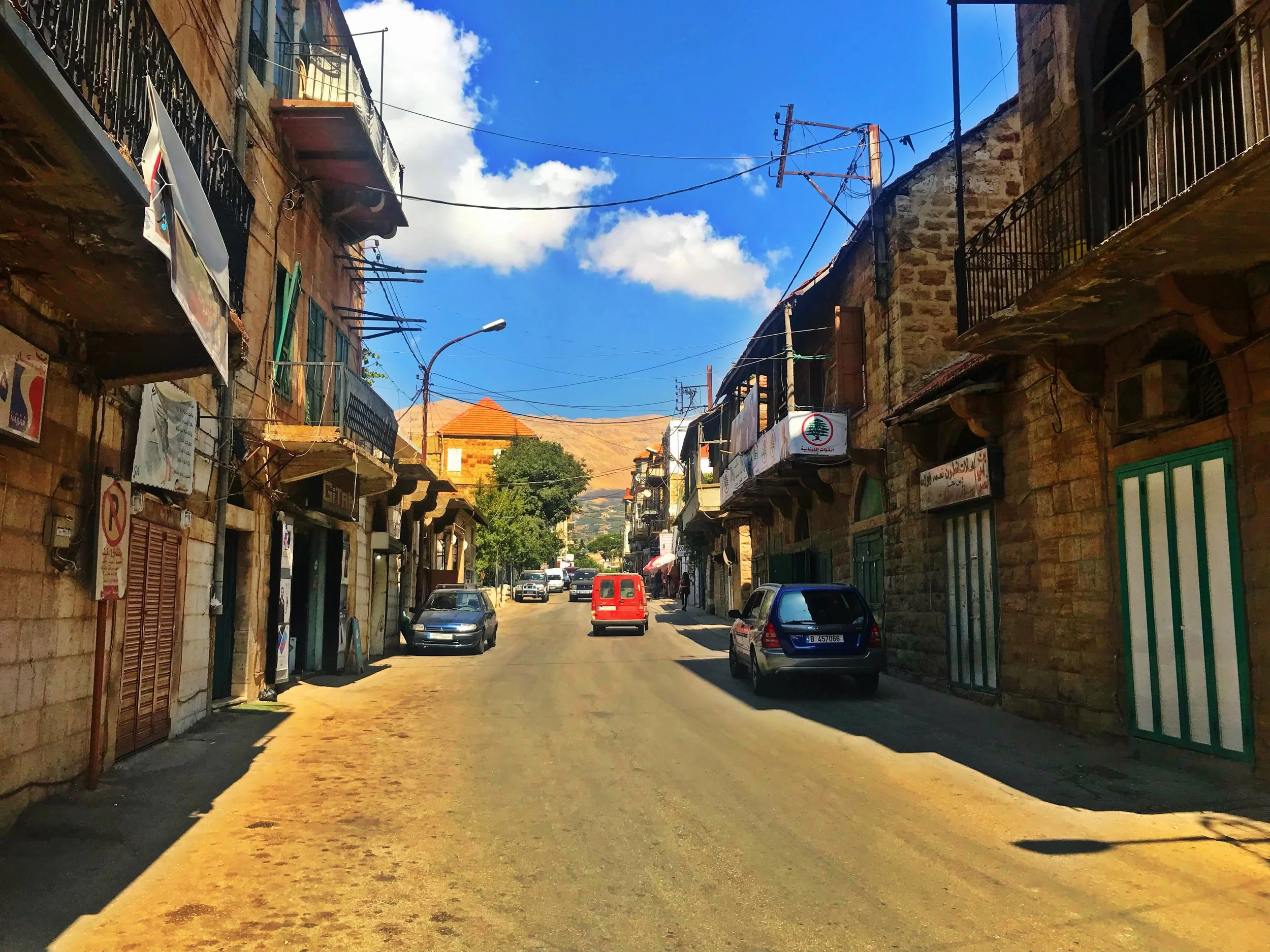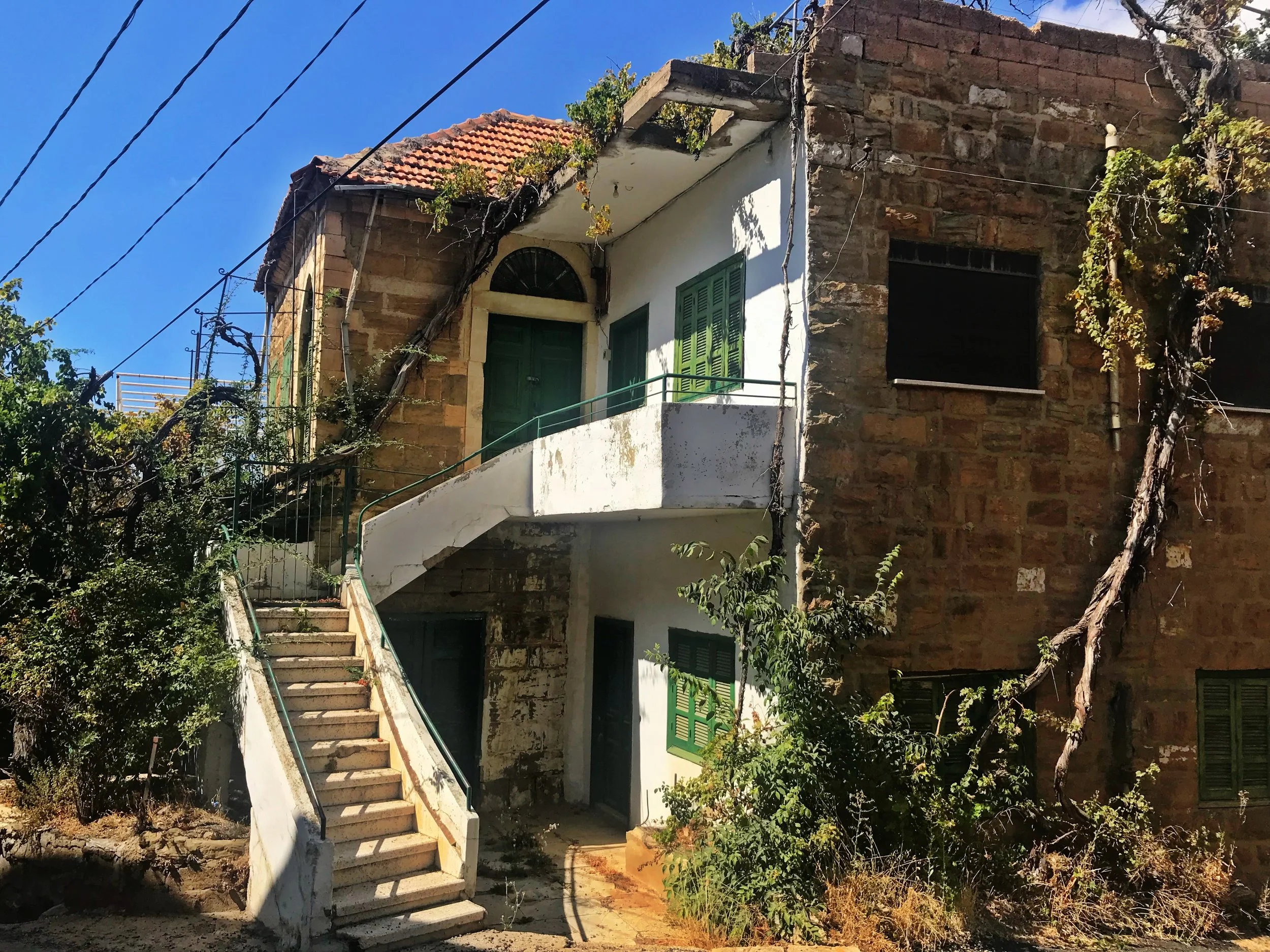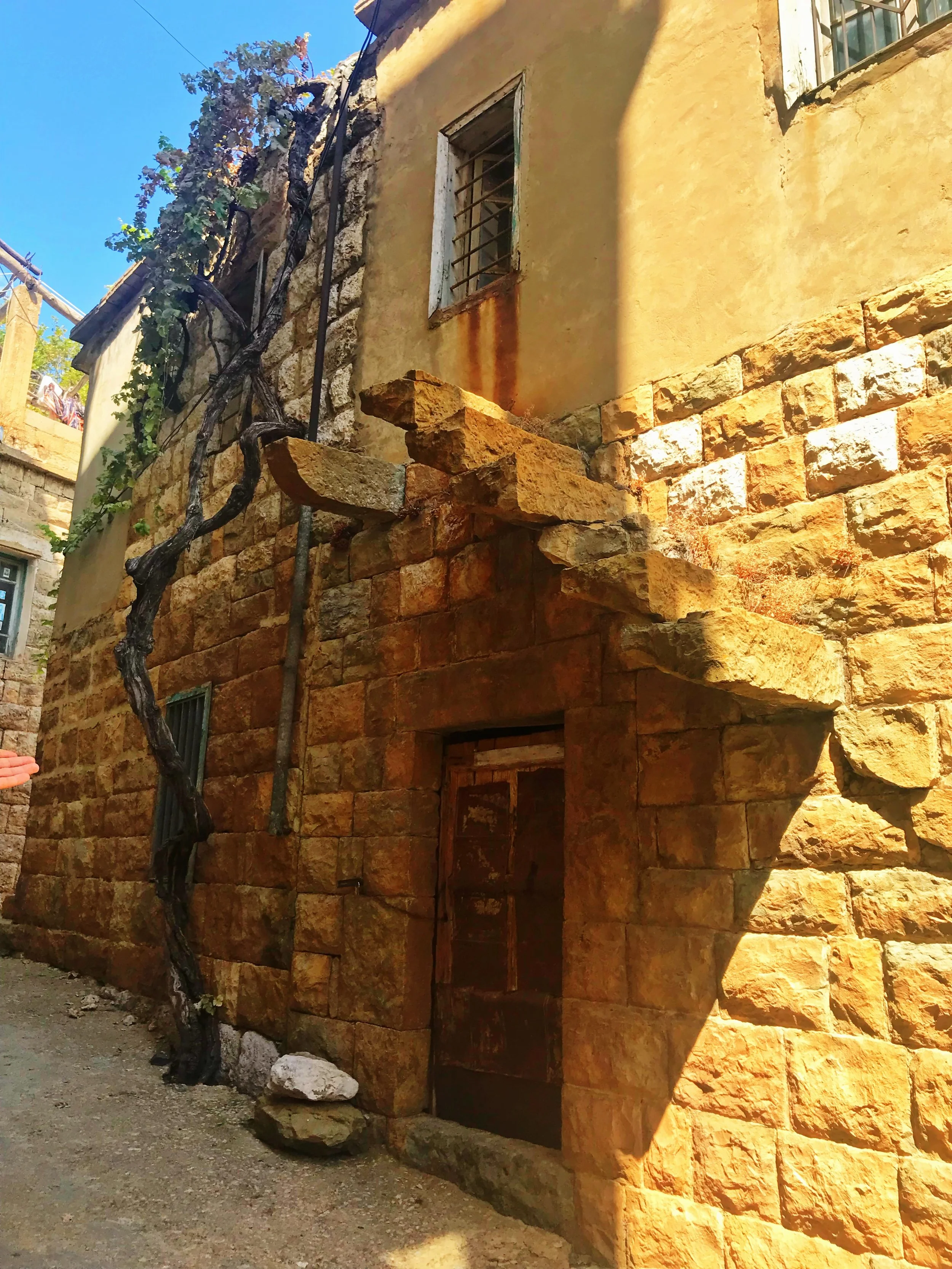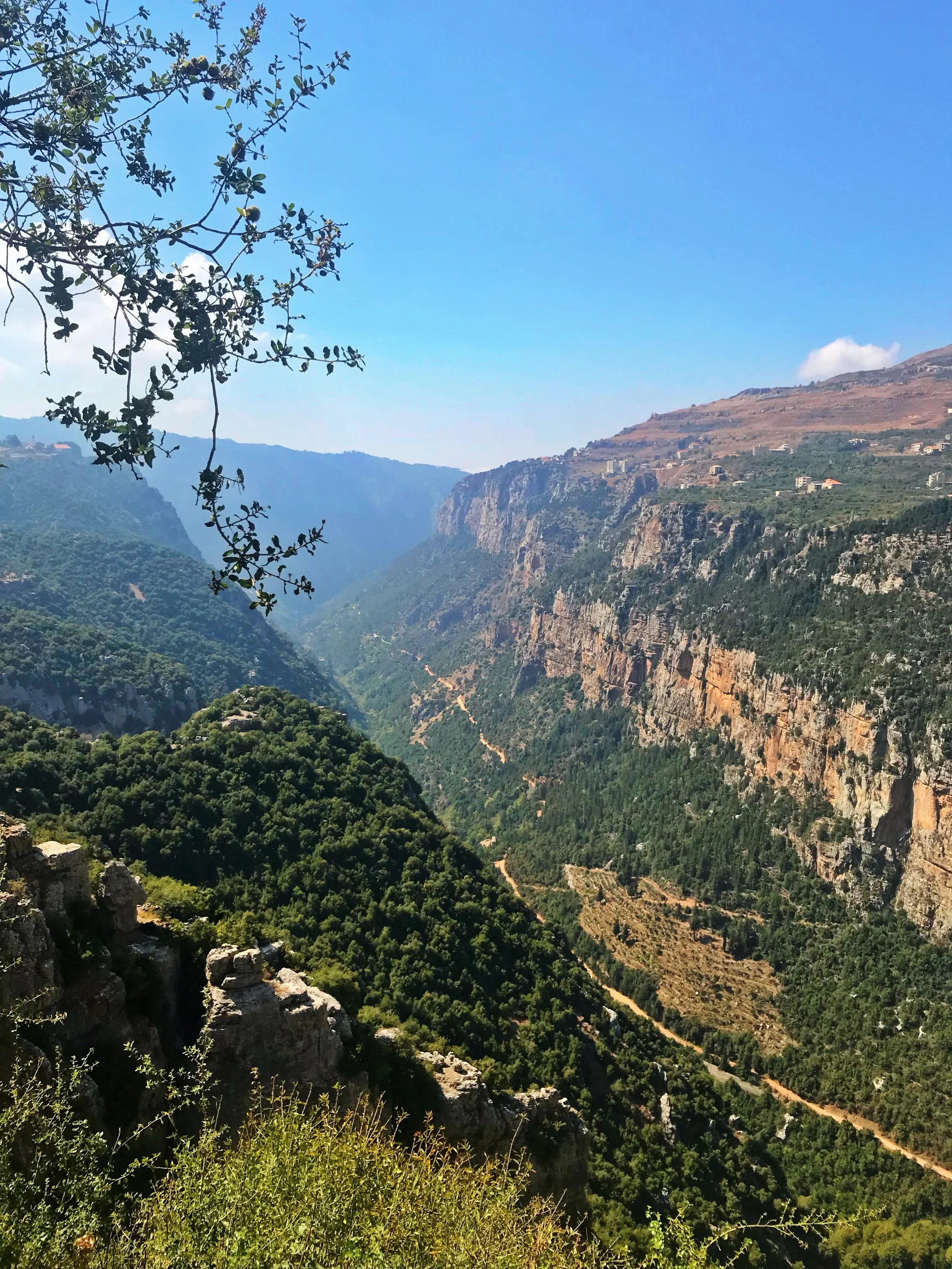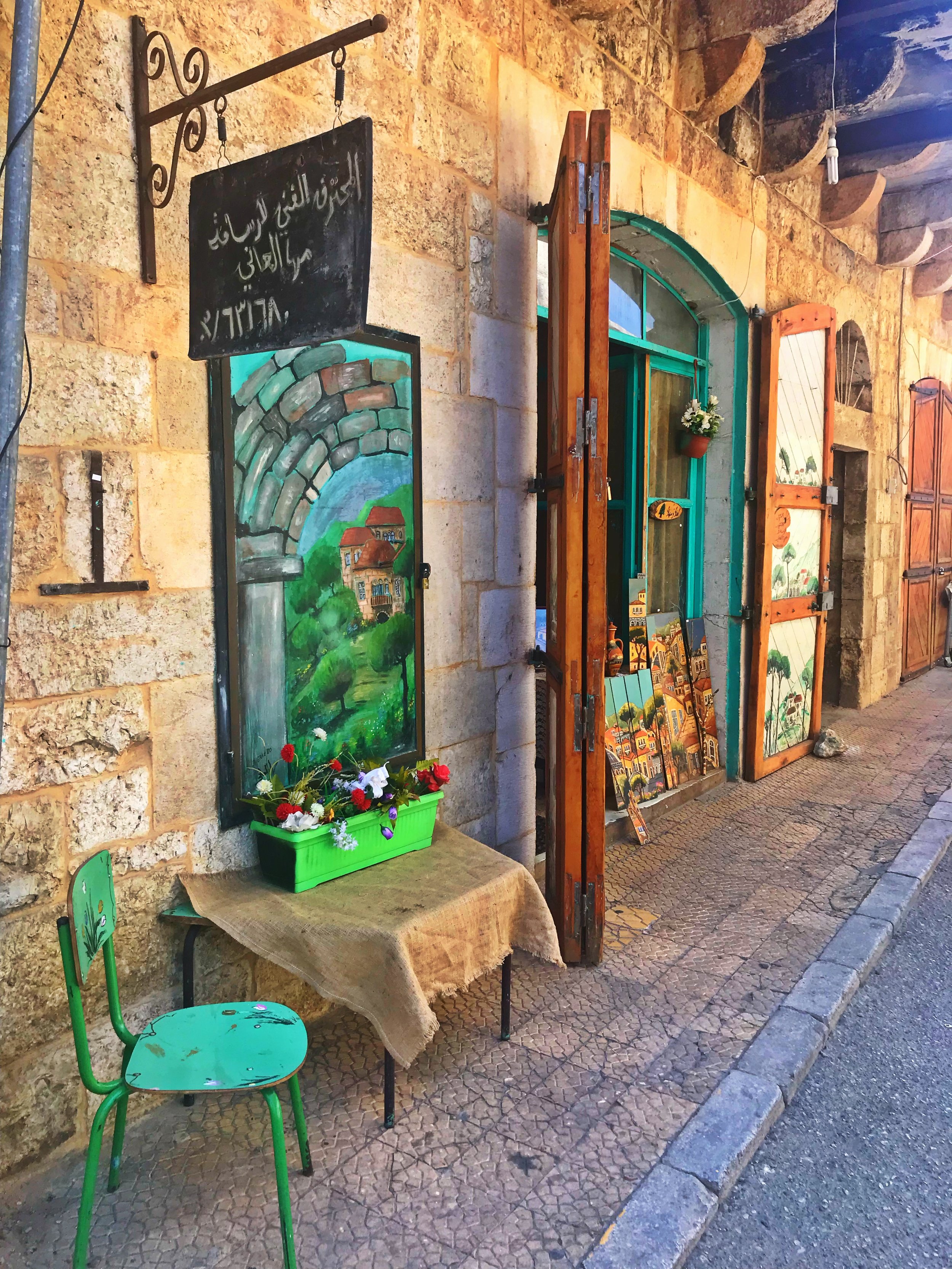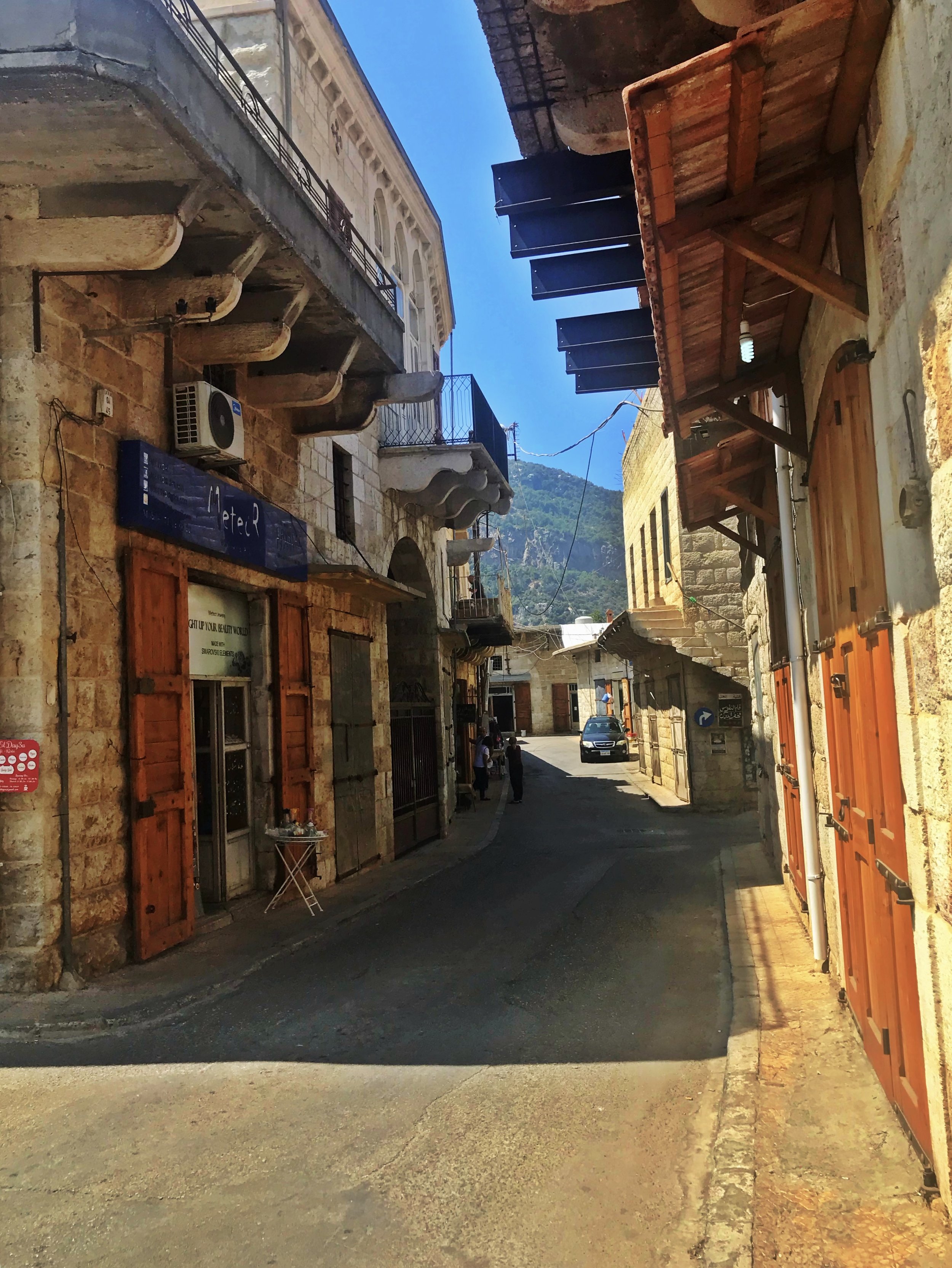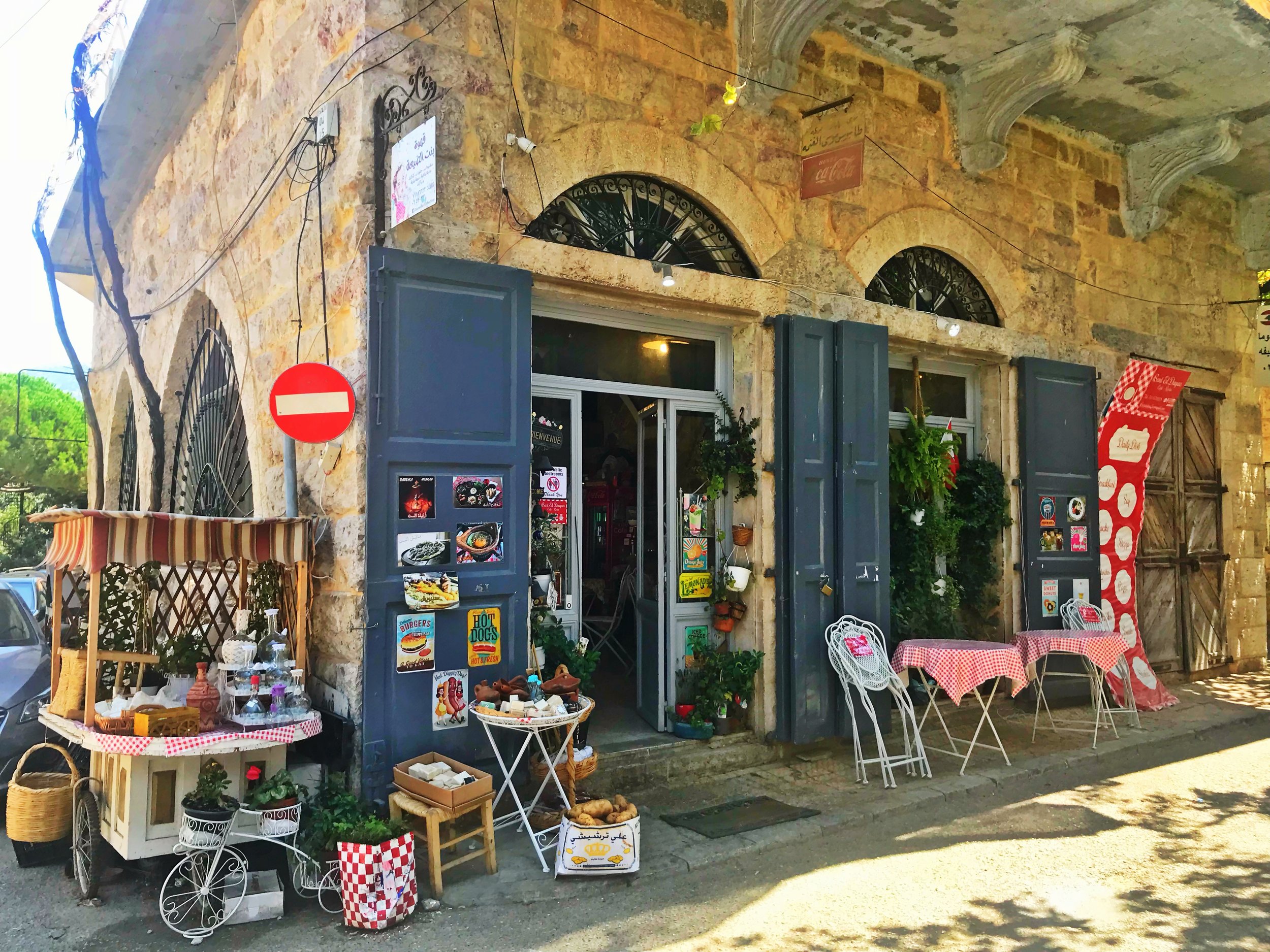Discover Lebanon’s best-kept secrets! Explore 5 hidden villages with a private tour for an authentic Lebanese experience away from the crowds.
Why Explore Lebanon’s Hidden Villages?
While destinations like Beirut, Byblos, and Batroun attract crowds, the real heart of Lebanon lies in its lesser-known villages—untouched by tourism, full of tradition, and rich in natural beauty. With a private tour from Explore Lebanon Tours, you can immerse yourself in the local culture at your own pace.
1. Douma – The Red-Roofed Jewel
Tucked into the Batroun mountains, Douma is a picturesque village with stone houses, red tile roofs, and cobblestone streets. You’ll enjoy fresh mountain air, artisan shops, and traditional Lebanese meals with unforgettable views.
Private Tour Tip: Visit the local souks and try the village’s unique fruit liquors.
2. Bchaaleh – Home of the World’s Oldest Olive Trees
This humble village in northern Lebanon holds olive trees that are over 6,000 years old! Bchaaleh is peaceful, historic, and deeply connected to Lebanon’s agricultural roots.
Private Tour Tip: Pair your visit with a guided olive oil tasting session.
3. Kfardebian – Beyond the Ski Slopes
Known for snow in winter, Kfardebian is a lush, green escape in warmer months. Hike through beautiful trails, explore Roman ruins, and visit hidden natural springs.
Private Tour Tip: Ask your guide for a picnic stop with a mountain view.
4. Tannourine – Cedar Forests and Cliffside Wonders
Tannourine is a paradise for nature lovers. It’s home to one of the largest cedar reserves in Lebanon, dramatic cliffs, and small family-run bakeries.
Private Tour Tip: Enjoy a guided walk in the Tannourine Cedar Forest Nature Reserve.
5. Baskinta – Poetry, Pines, and Peace
Famous for its connection to Lebanese poets like Mikhail Naimy, Baskinta is where culture and serenity meet. Surrounded by pine forests and filled with historic monasteries, this is the perfect retreat from city life.
A Private Tour Tip: don’t miss Krikor Bakery, a local gem featured in our tour
If you would like to visit Krikor Bakery you can email info@explorelebanontours.com OR visit www.explorelebanontours.com






